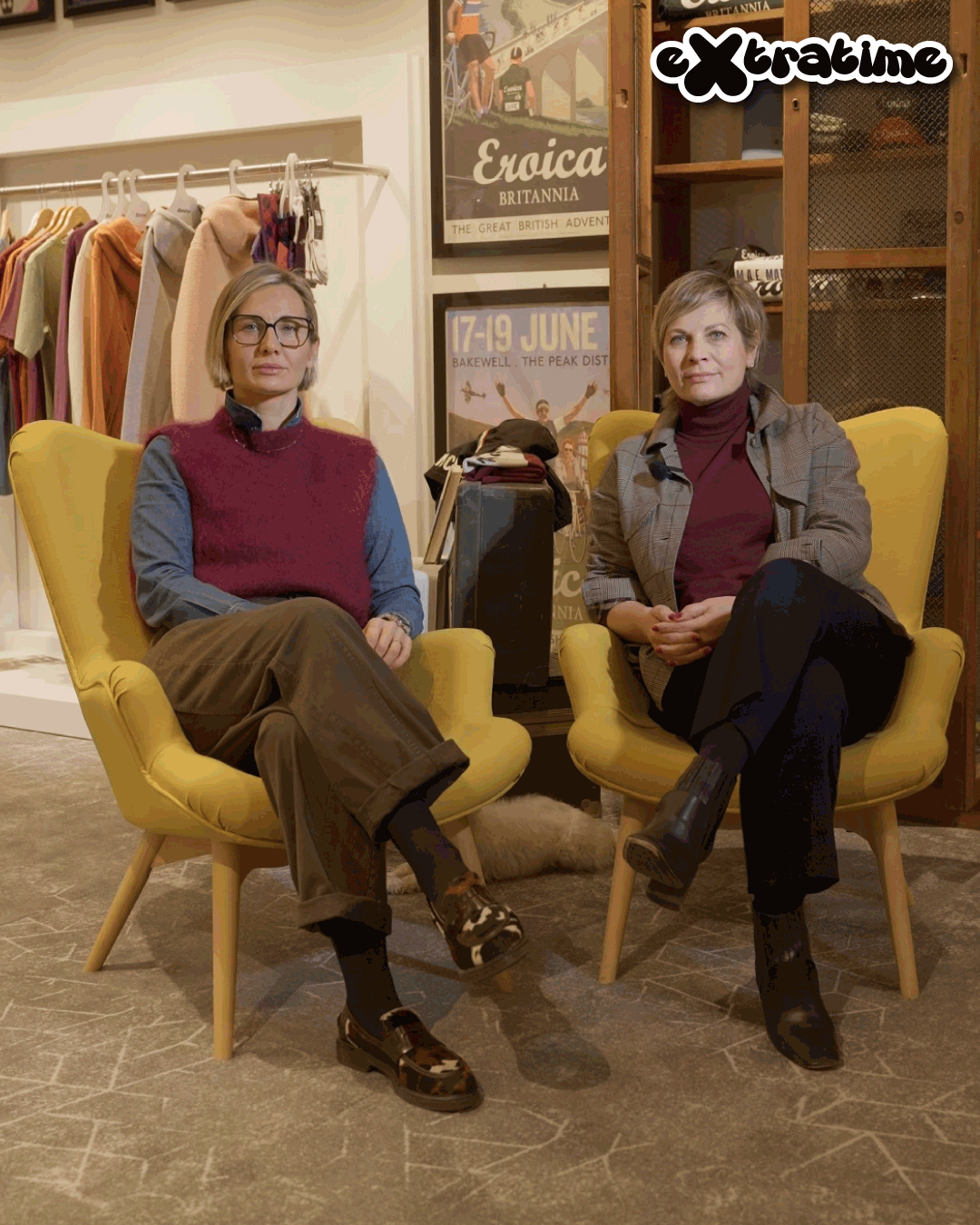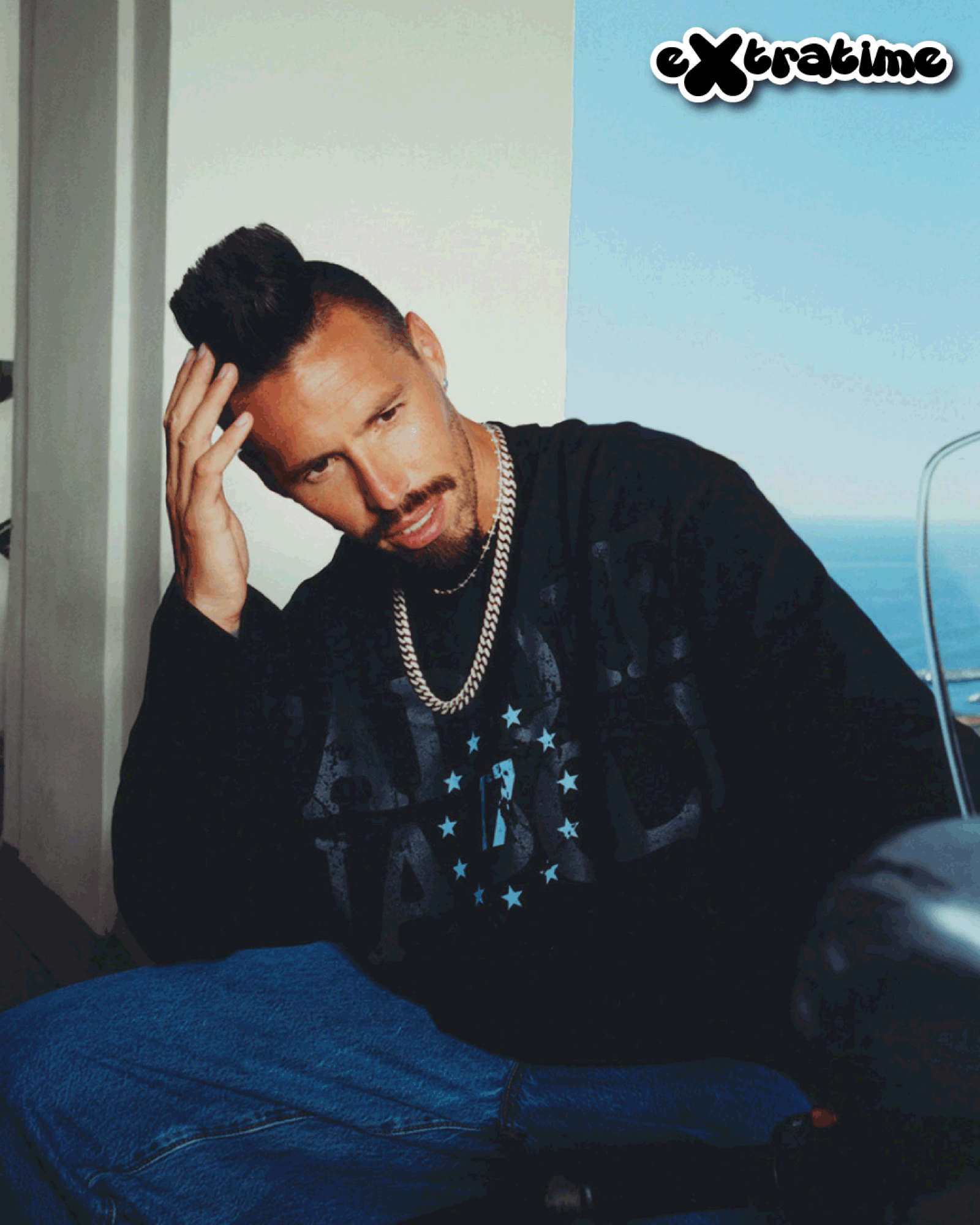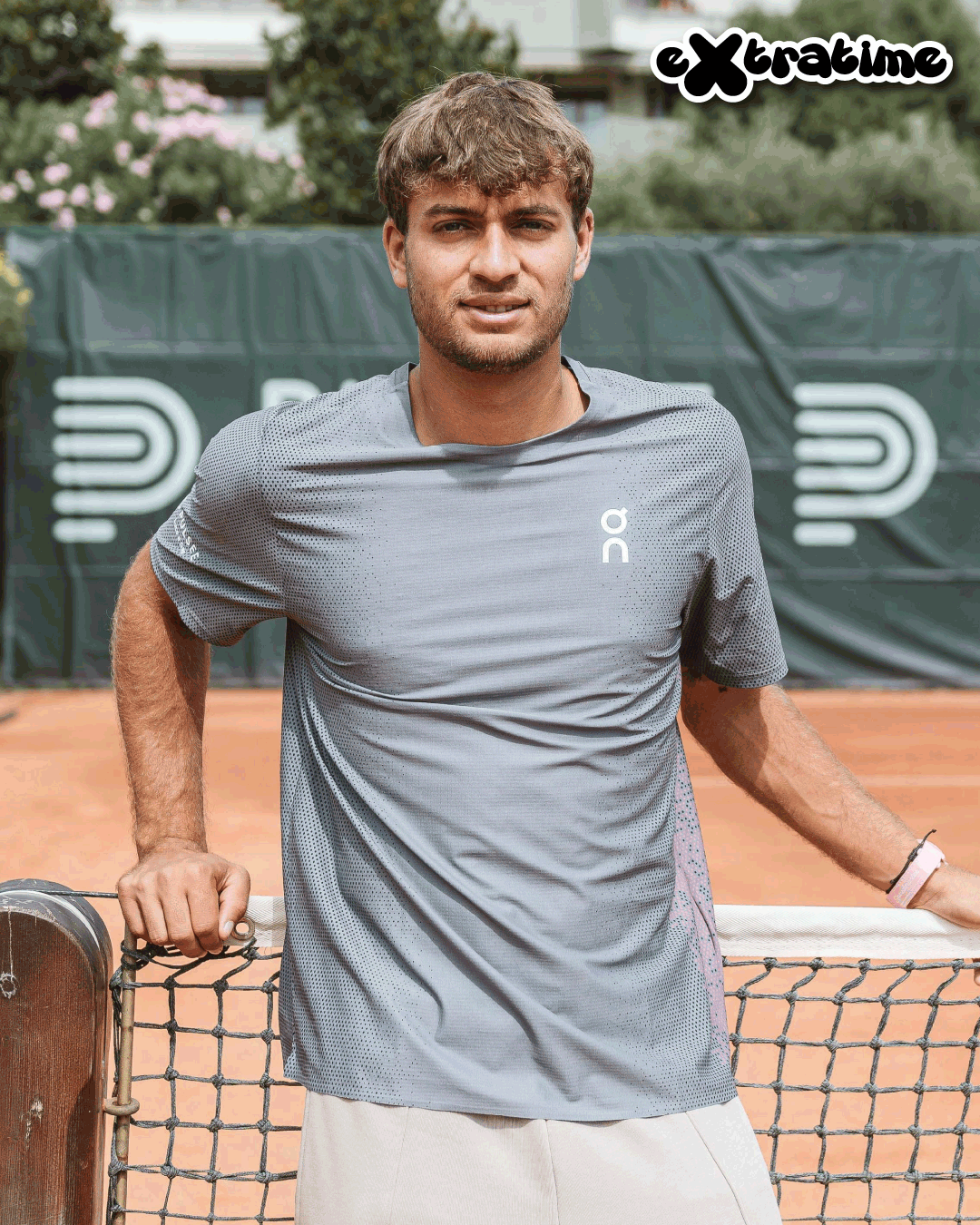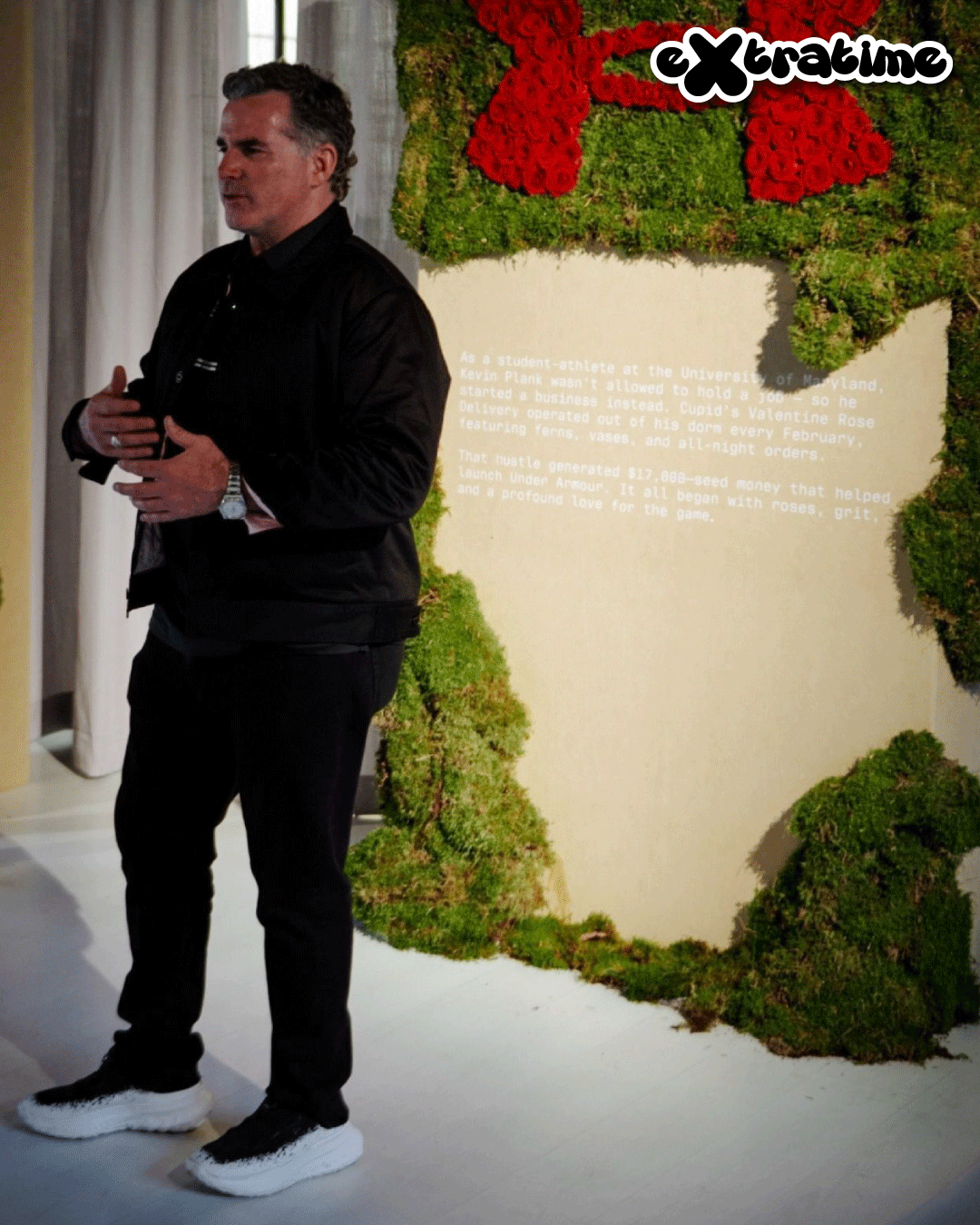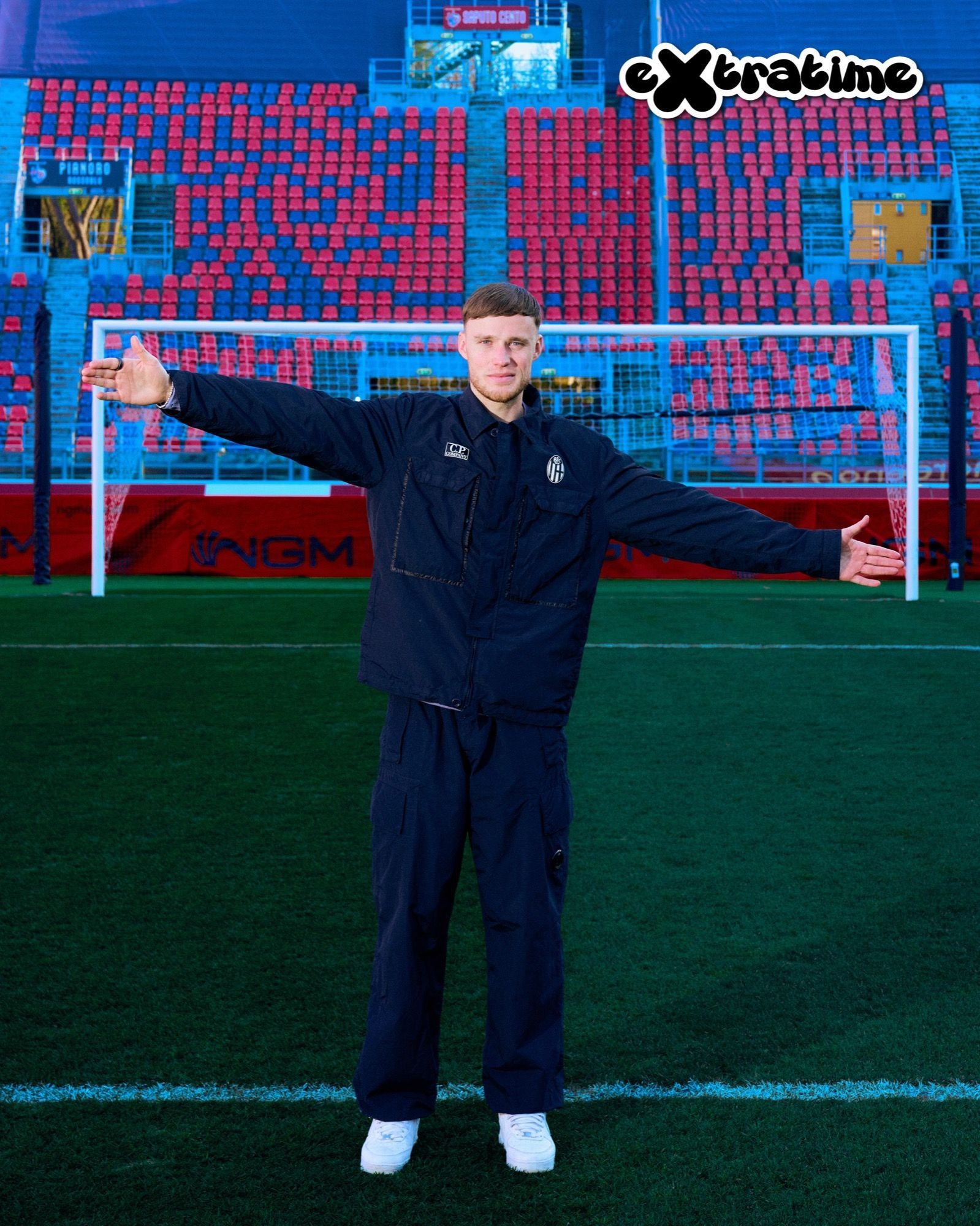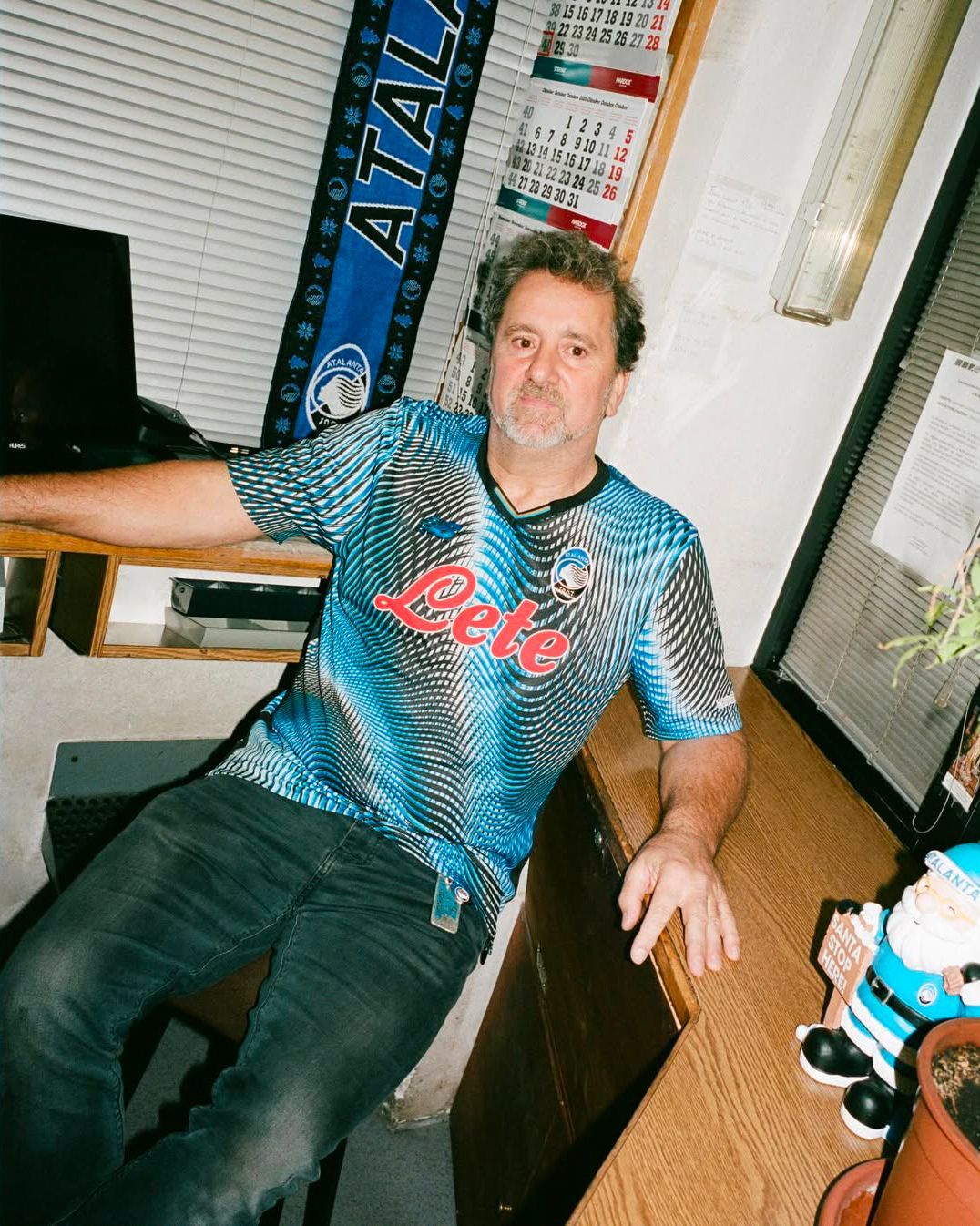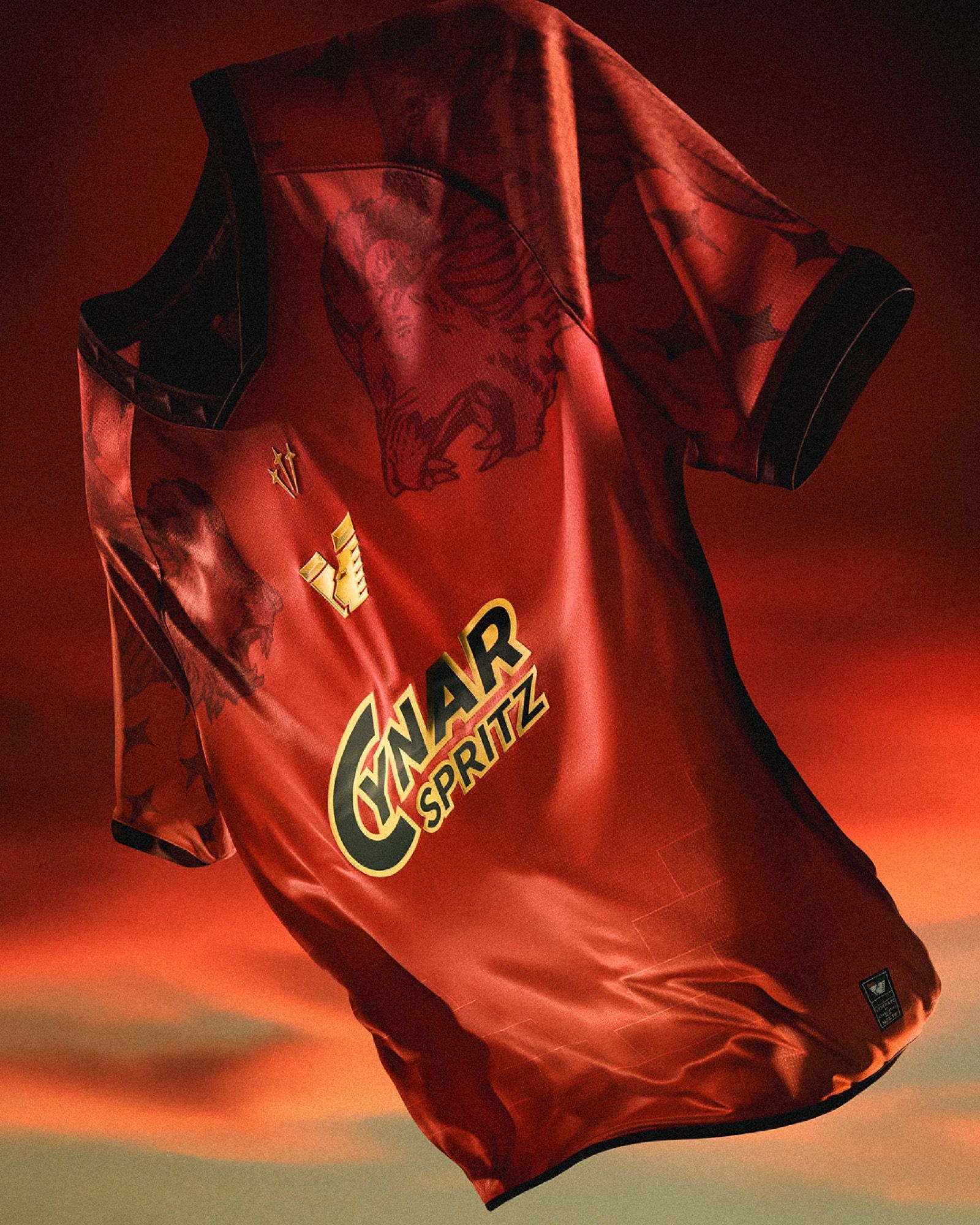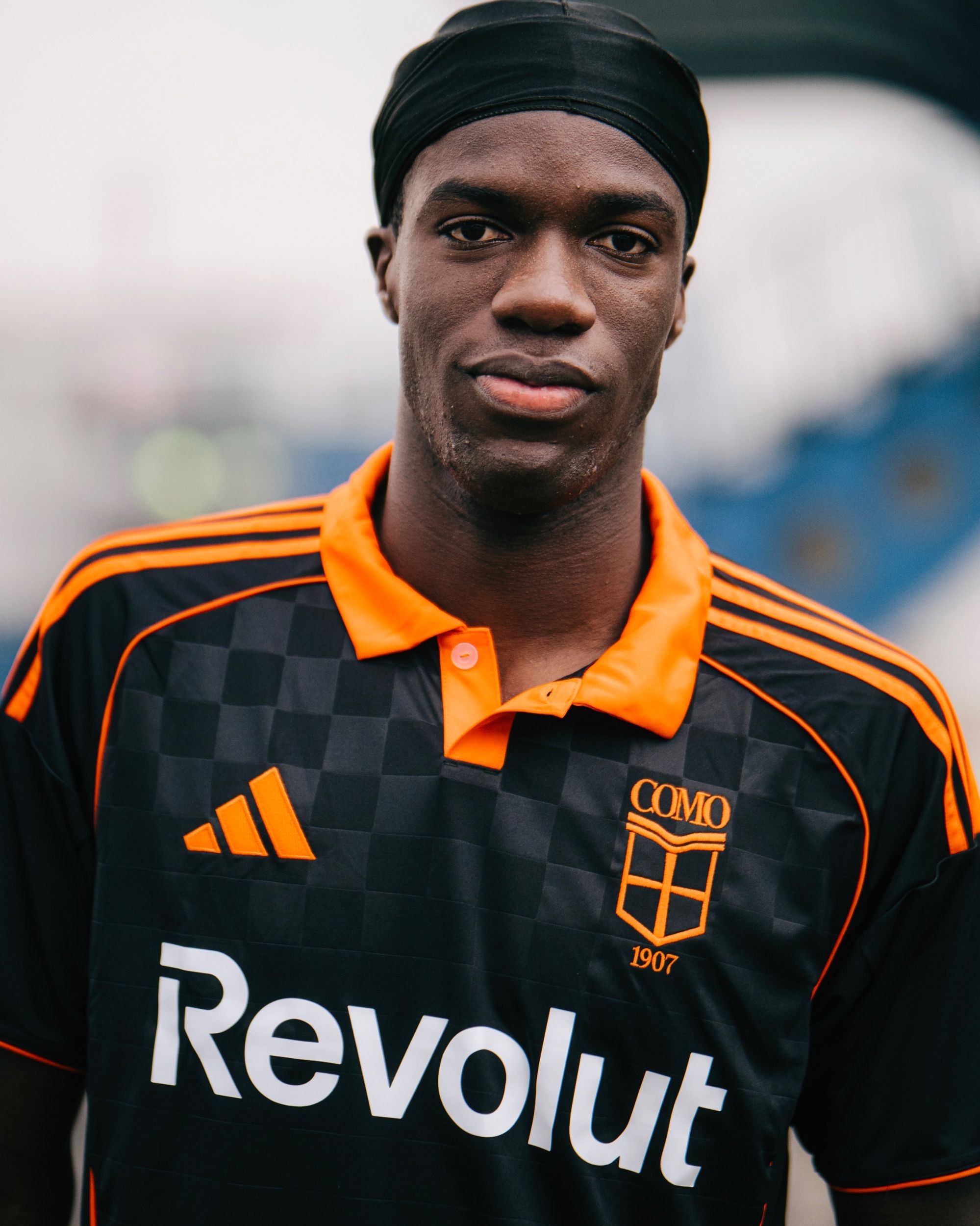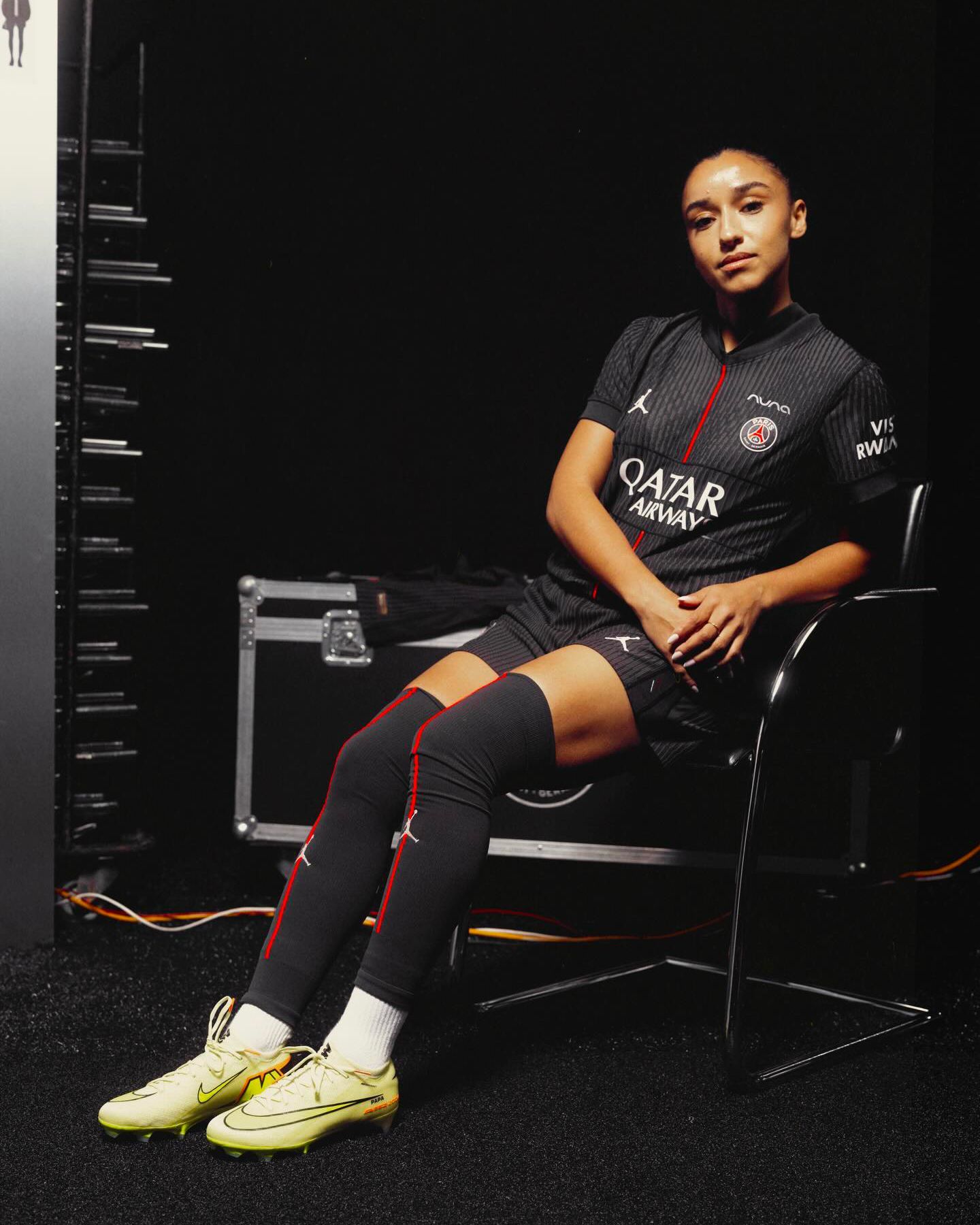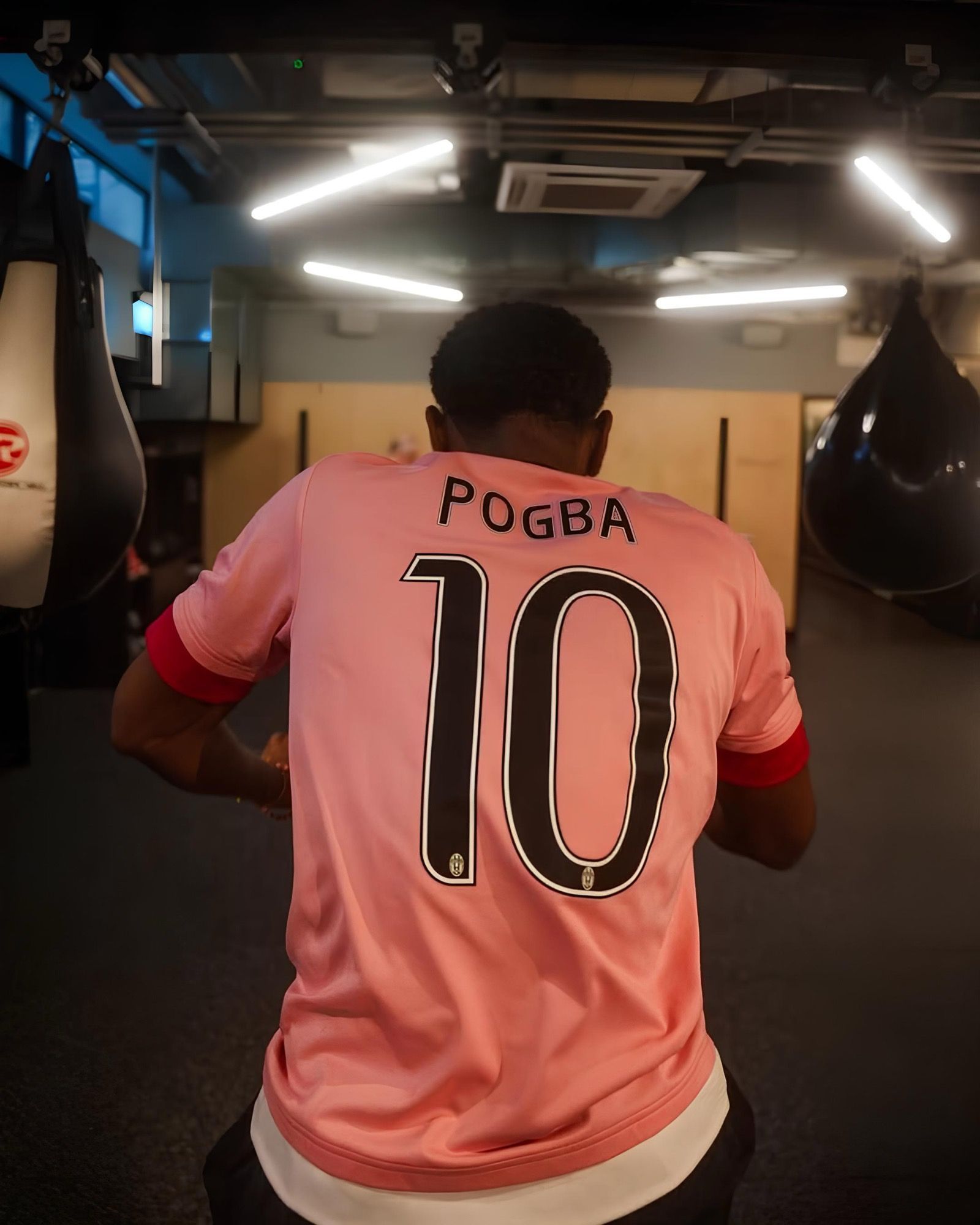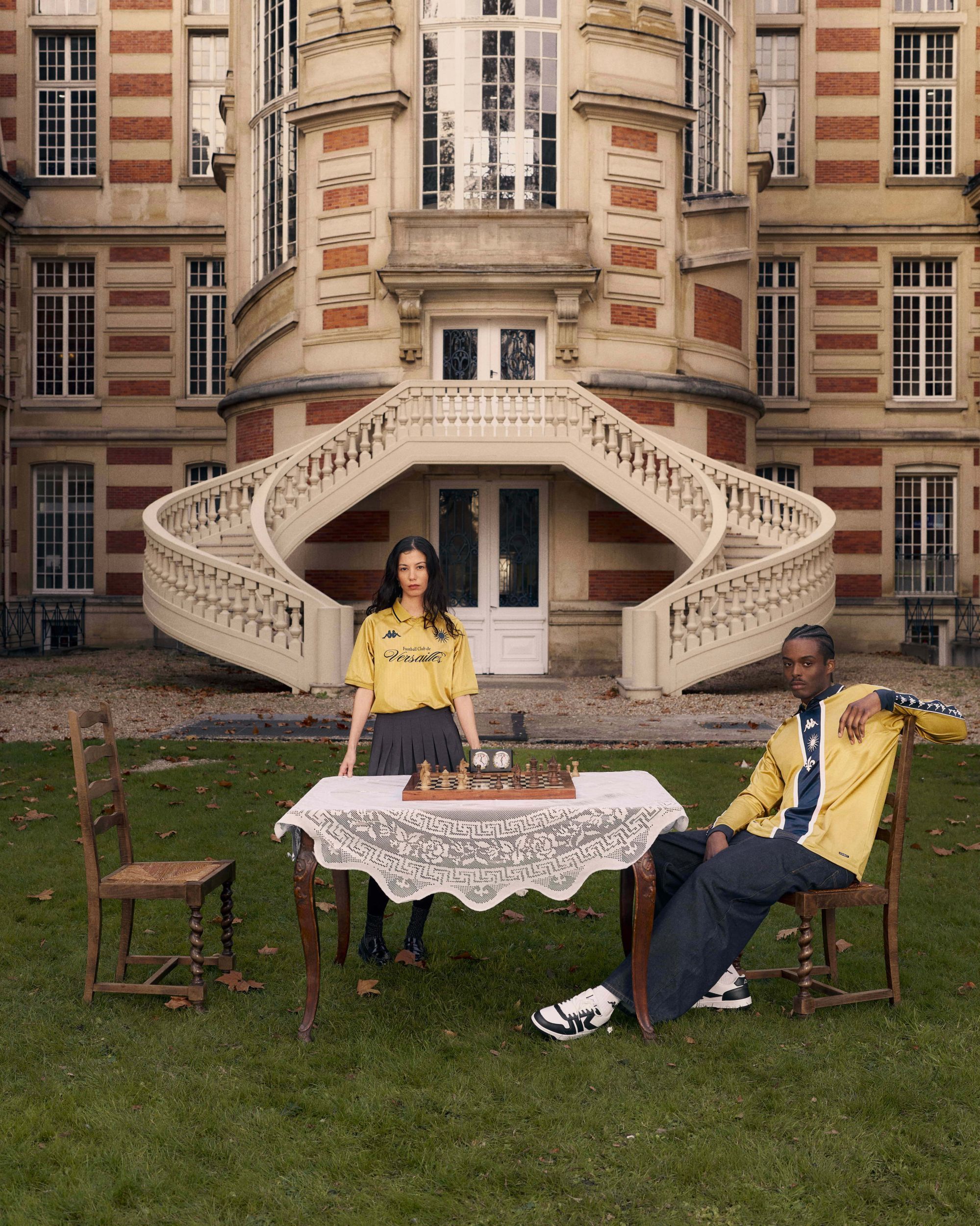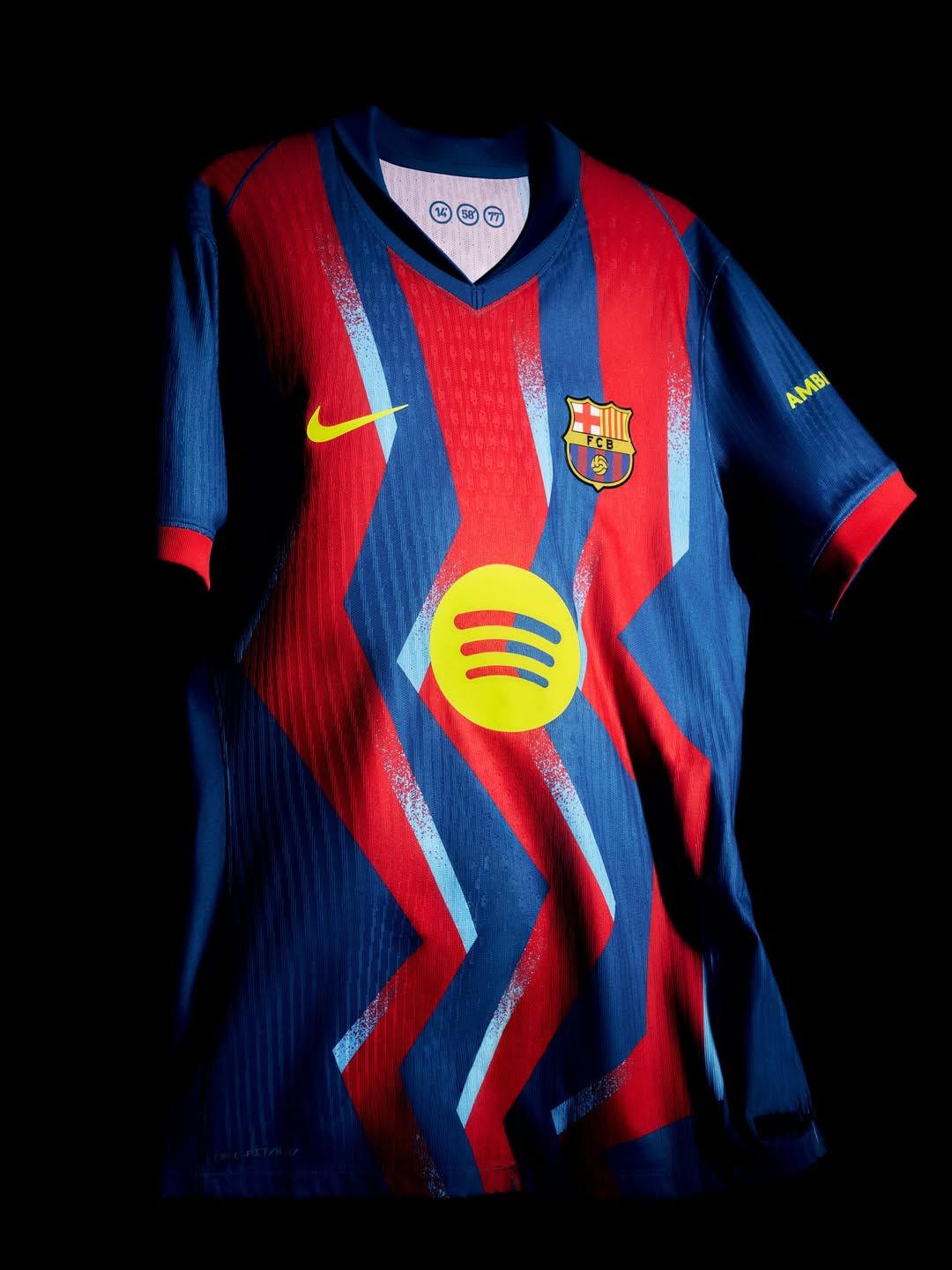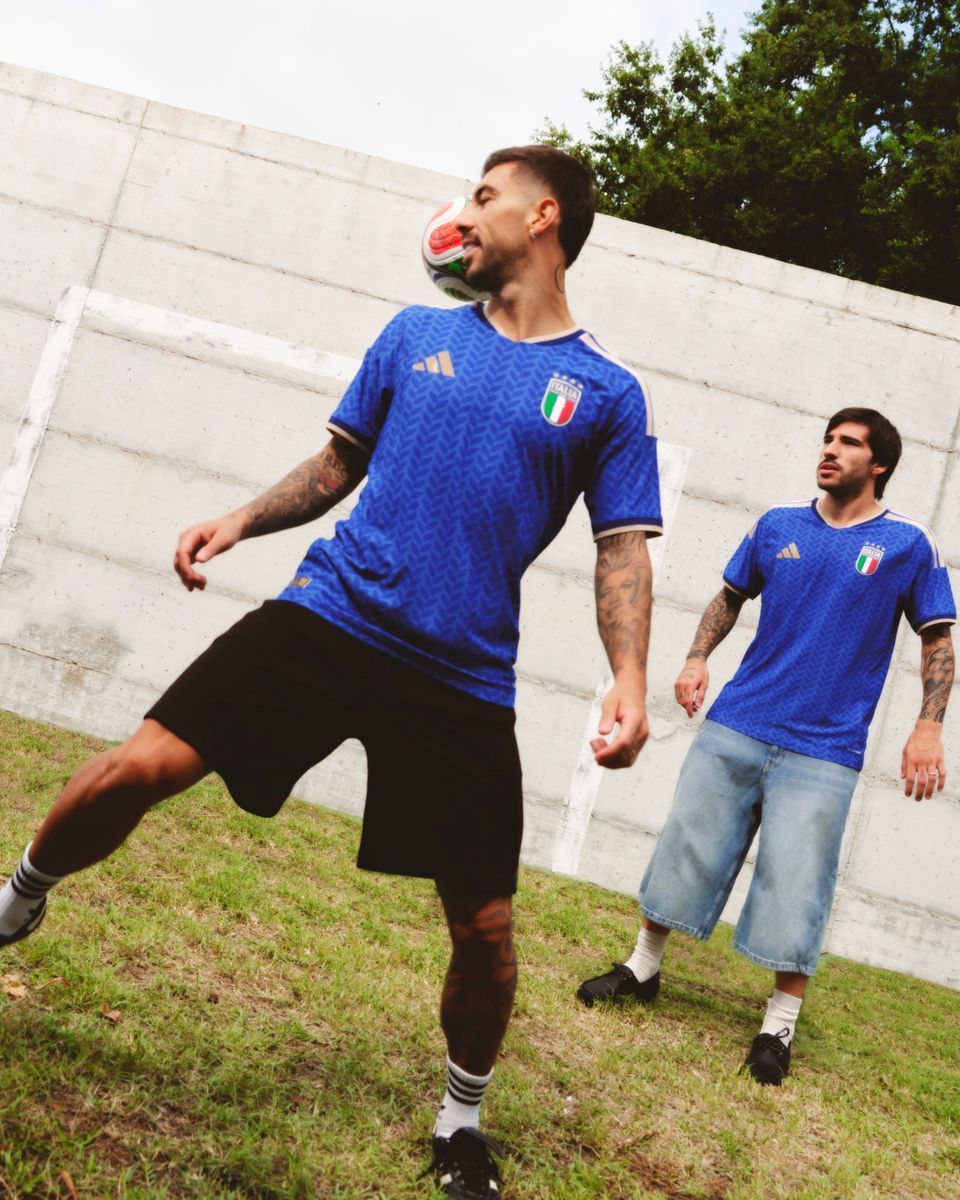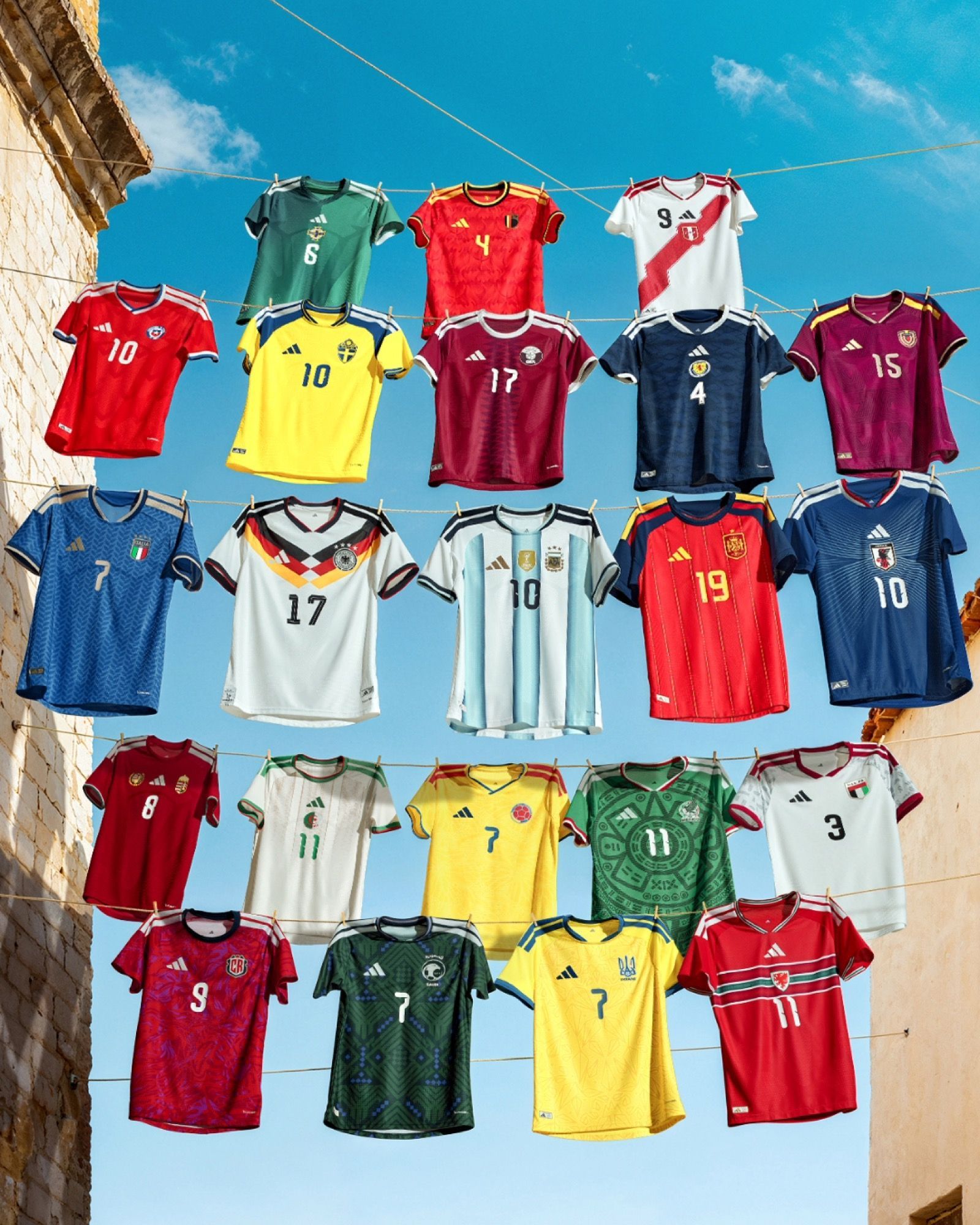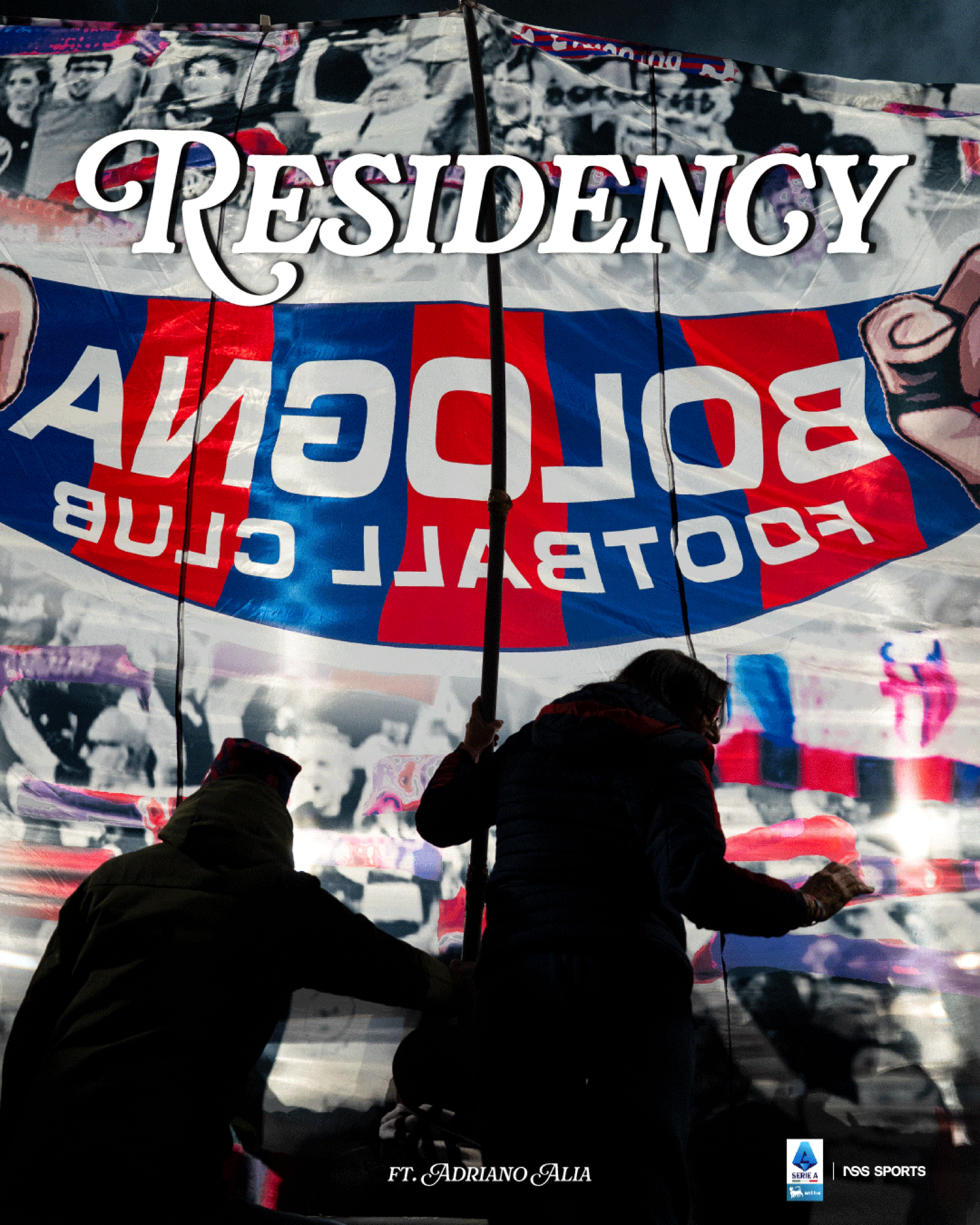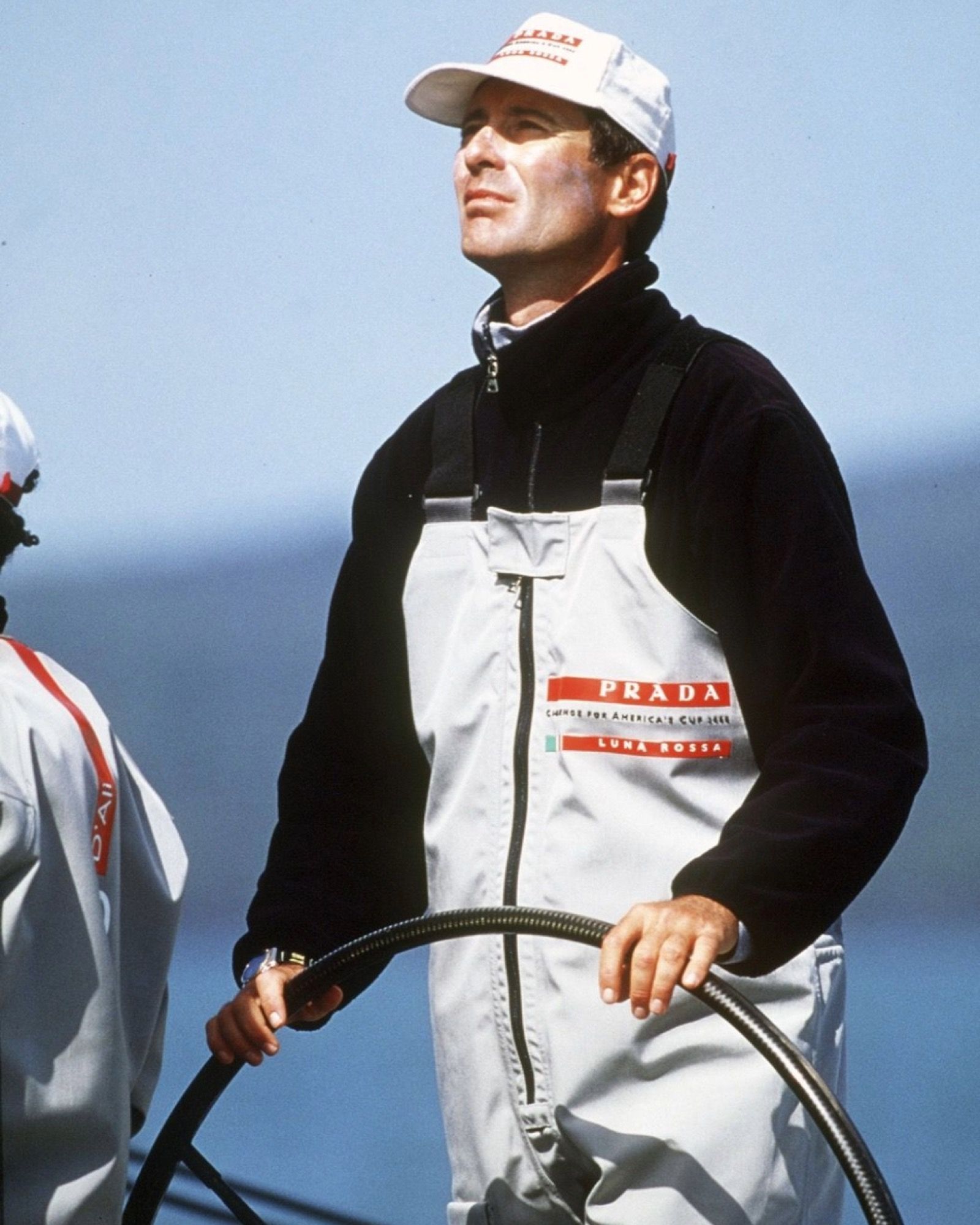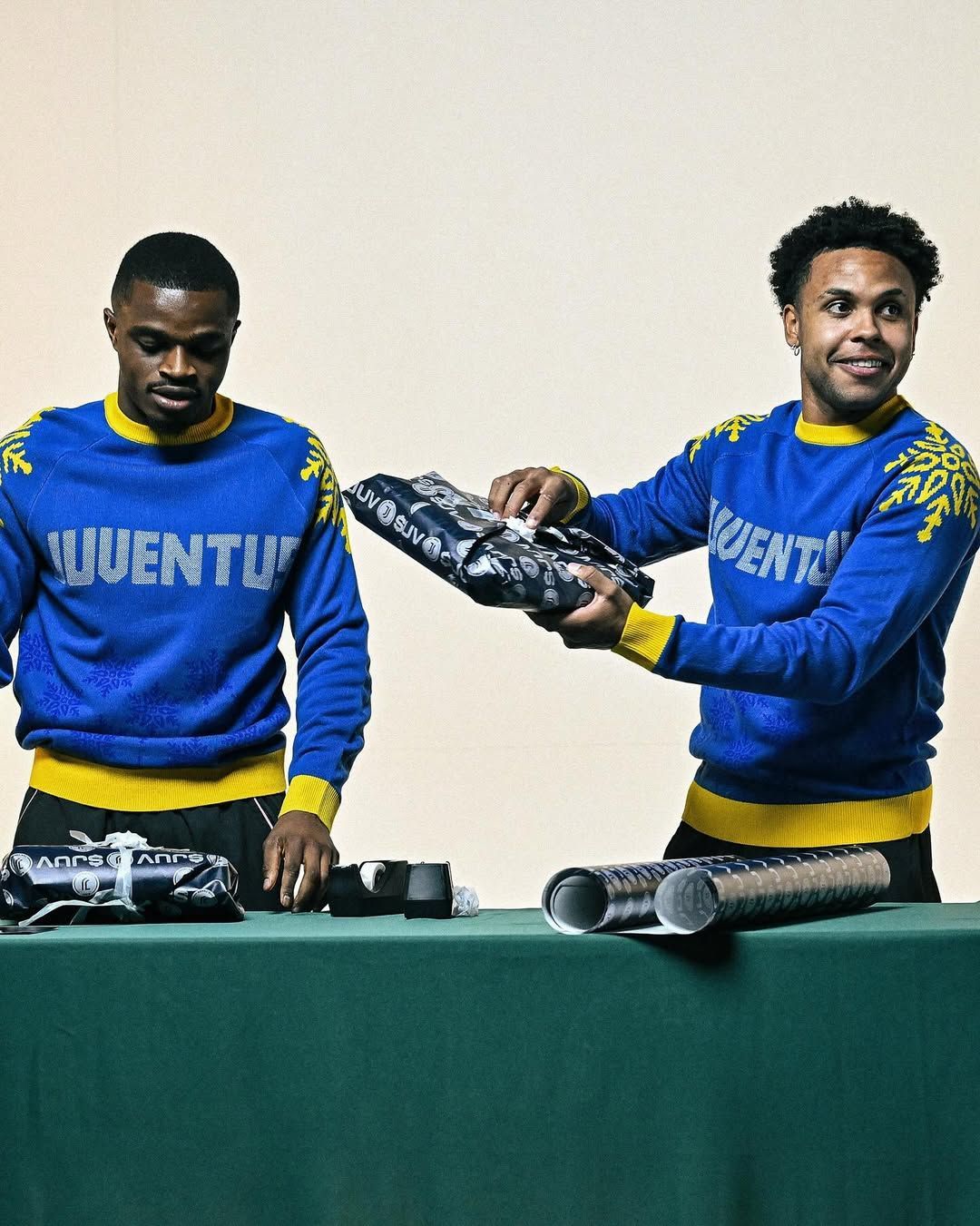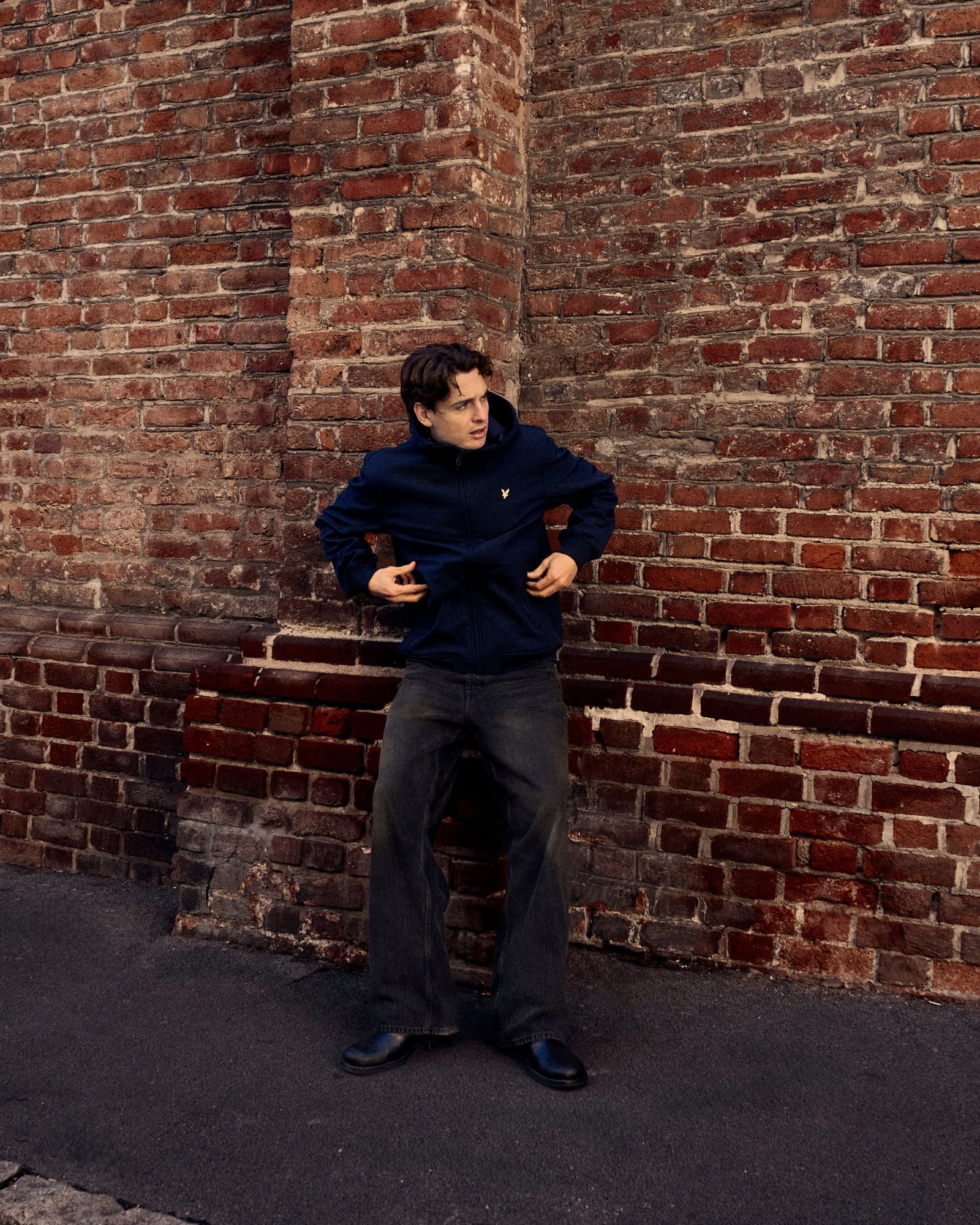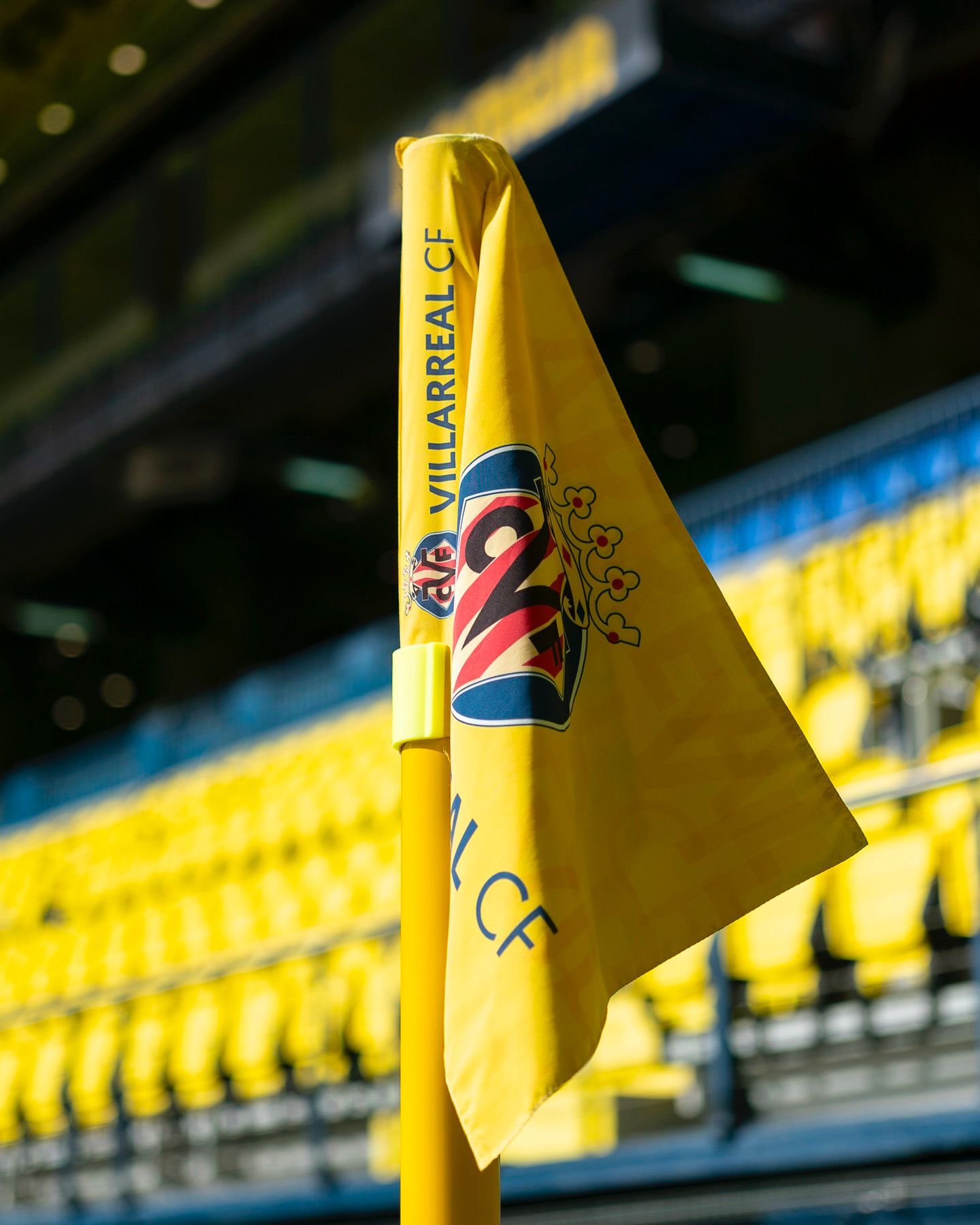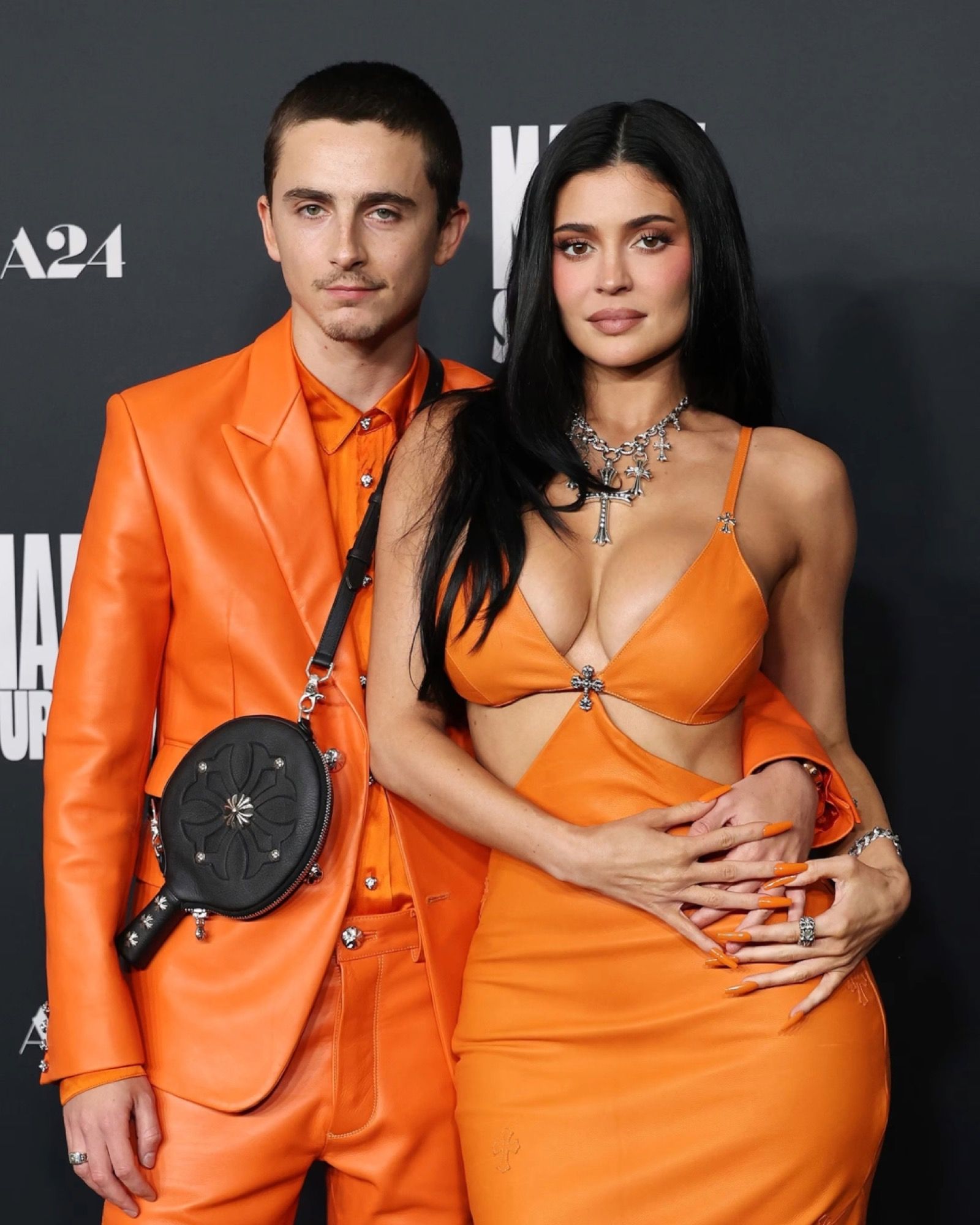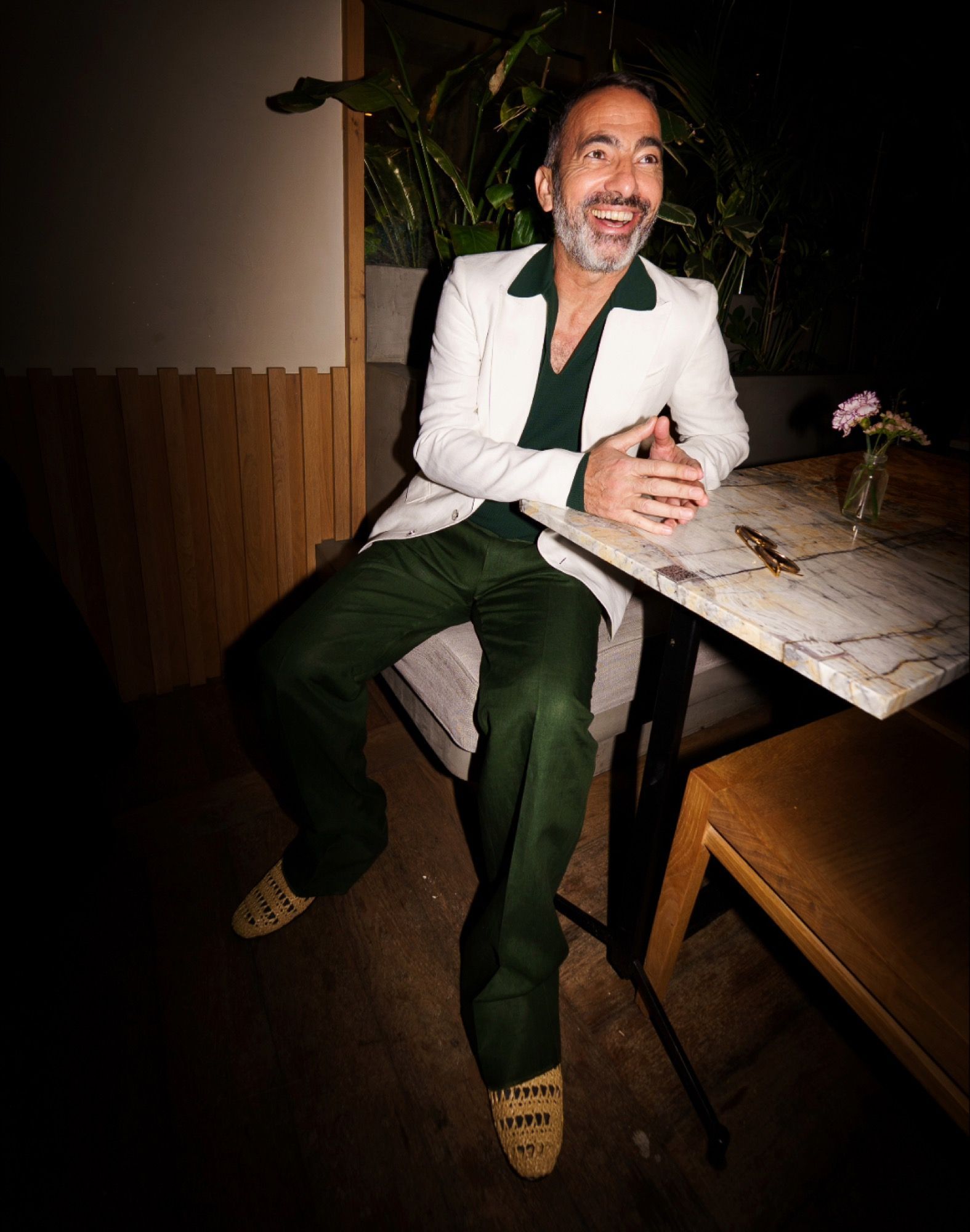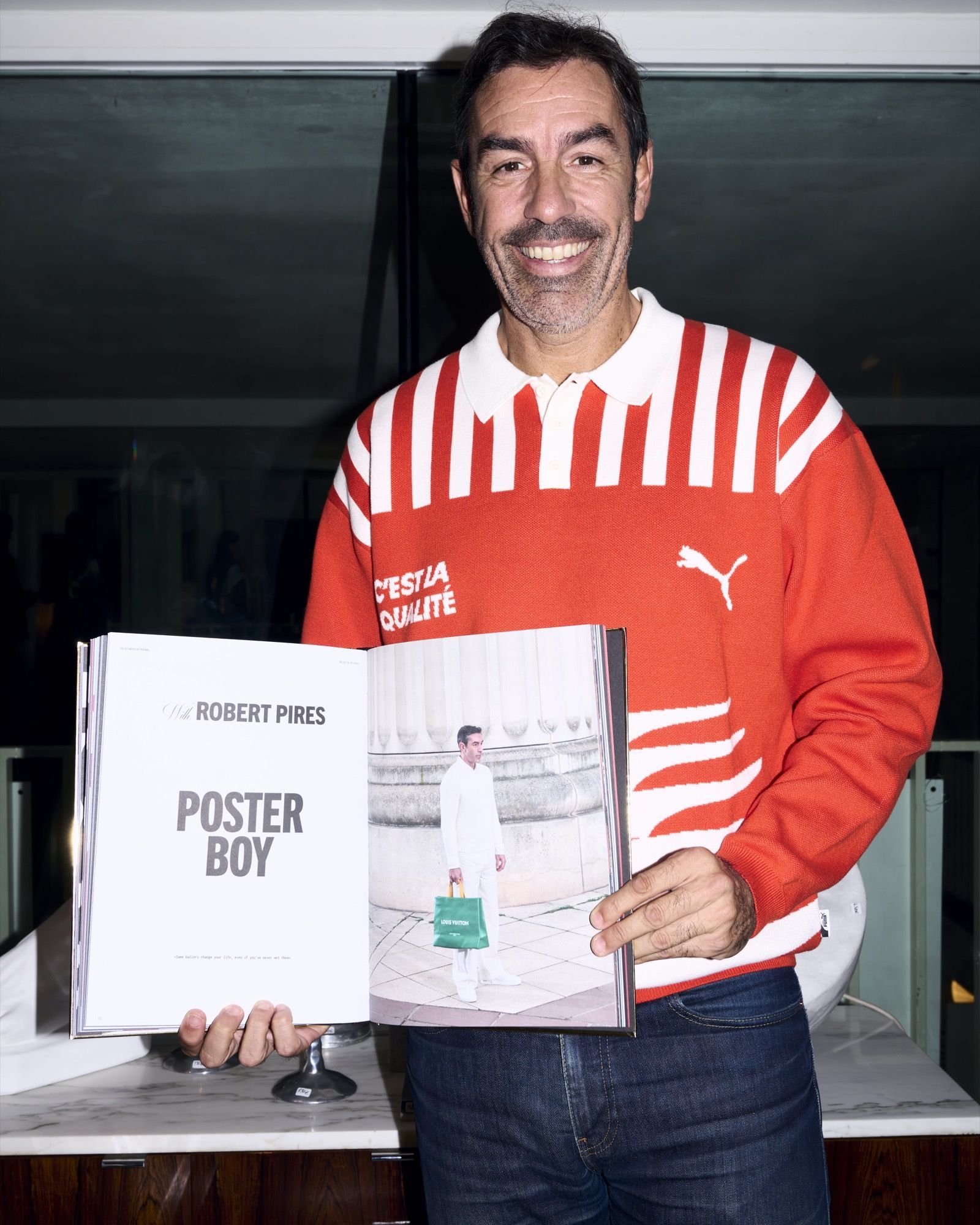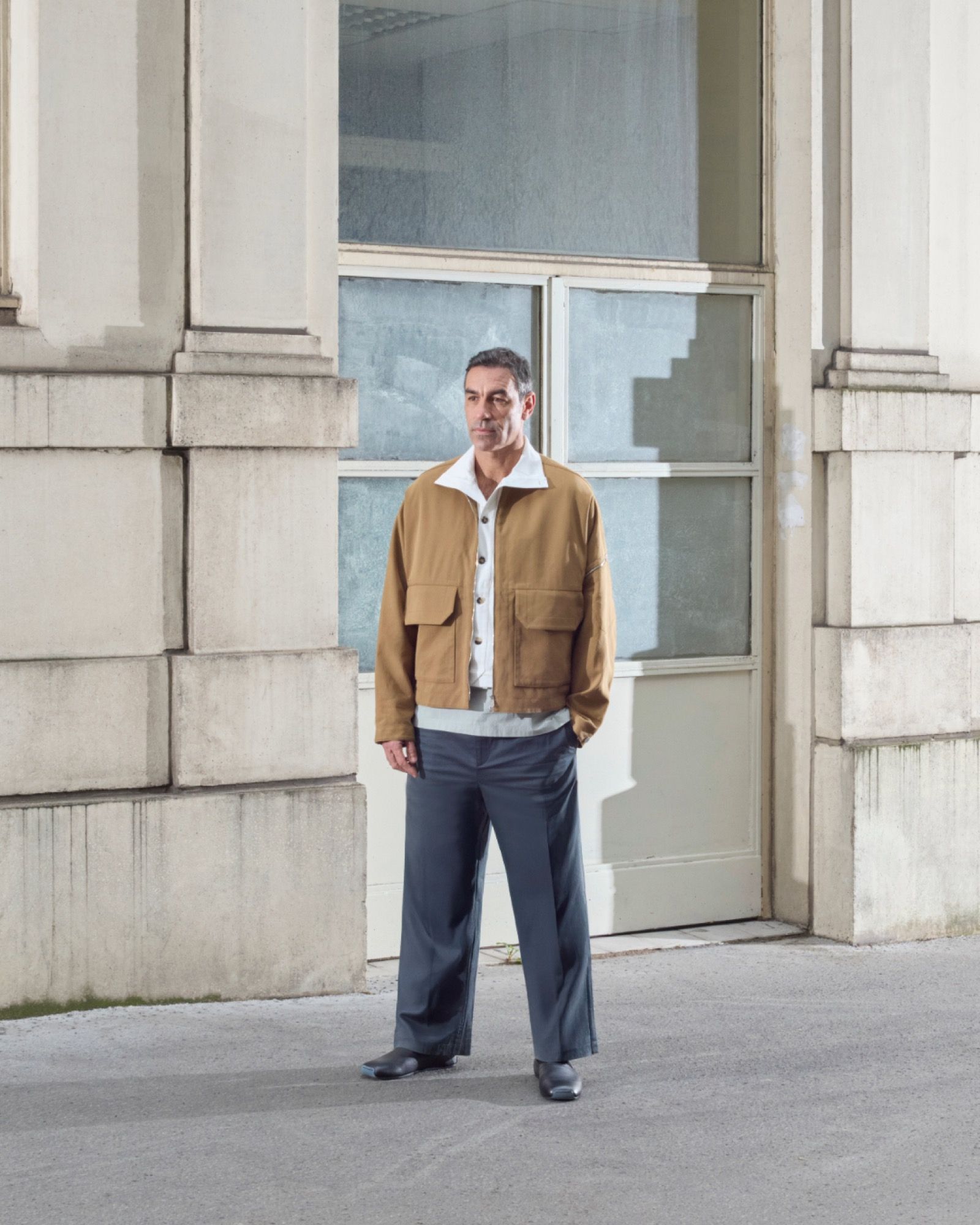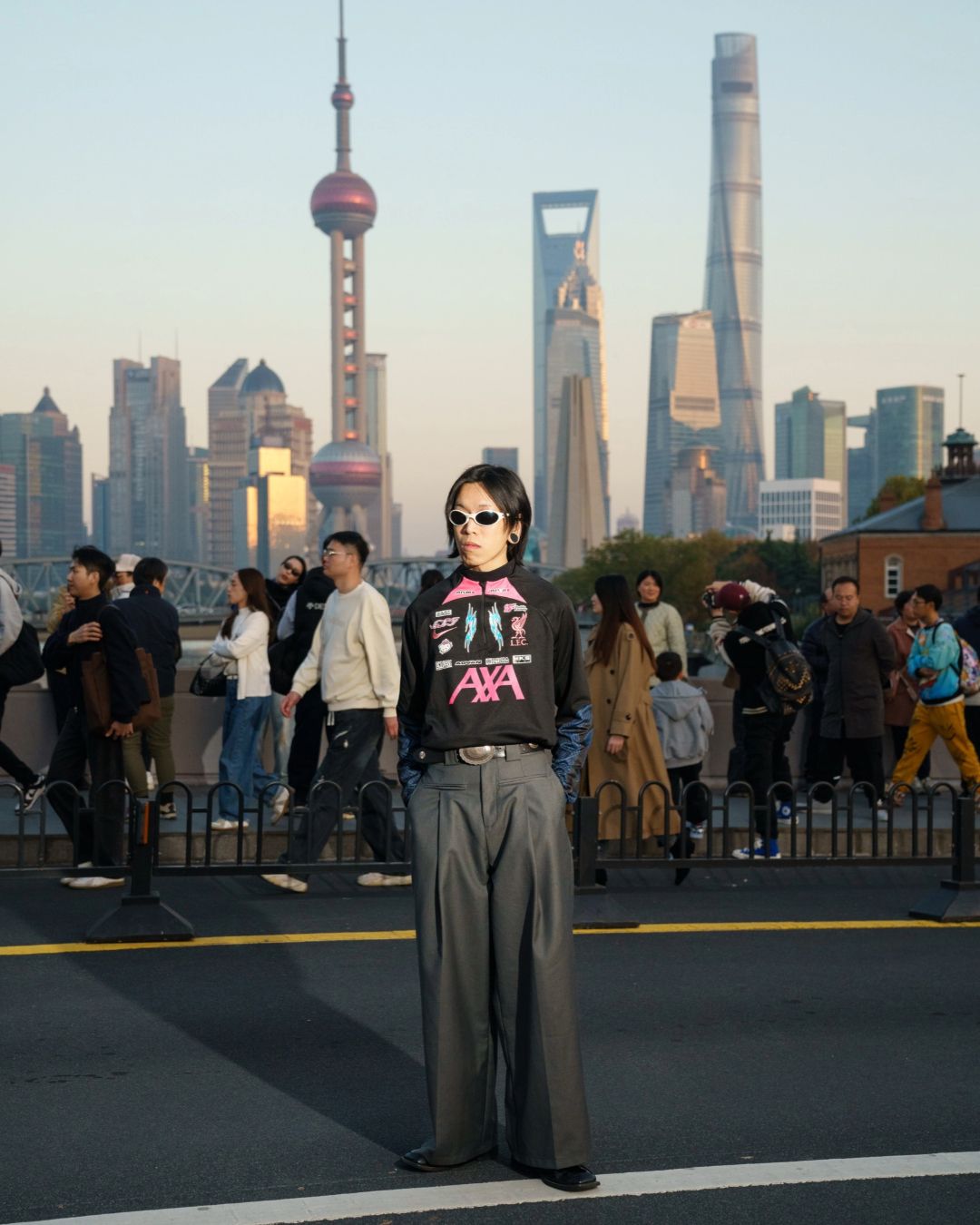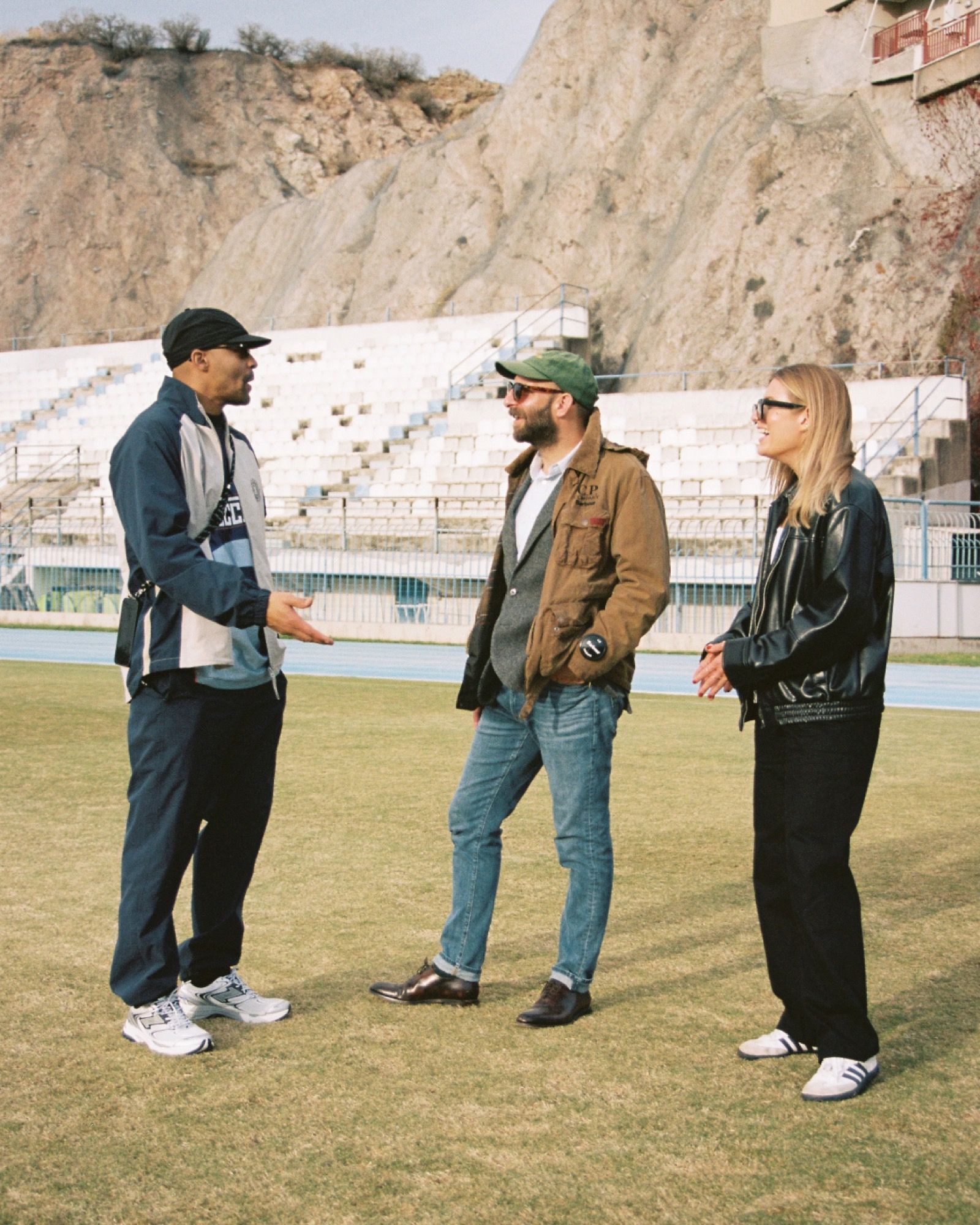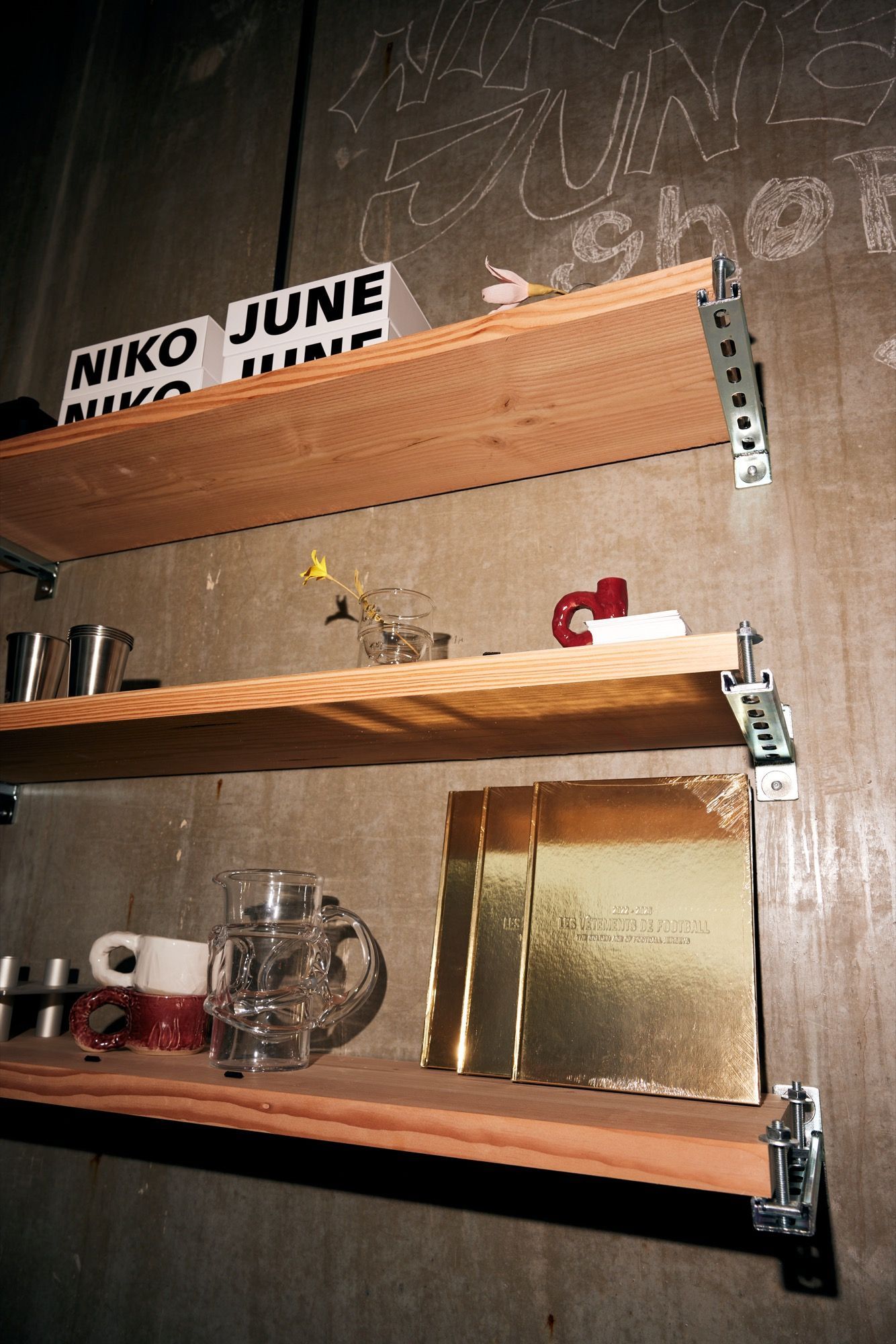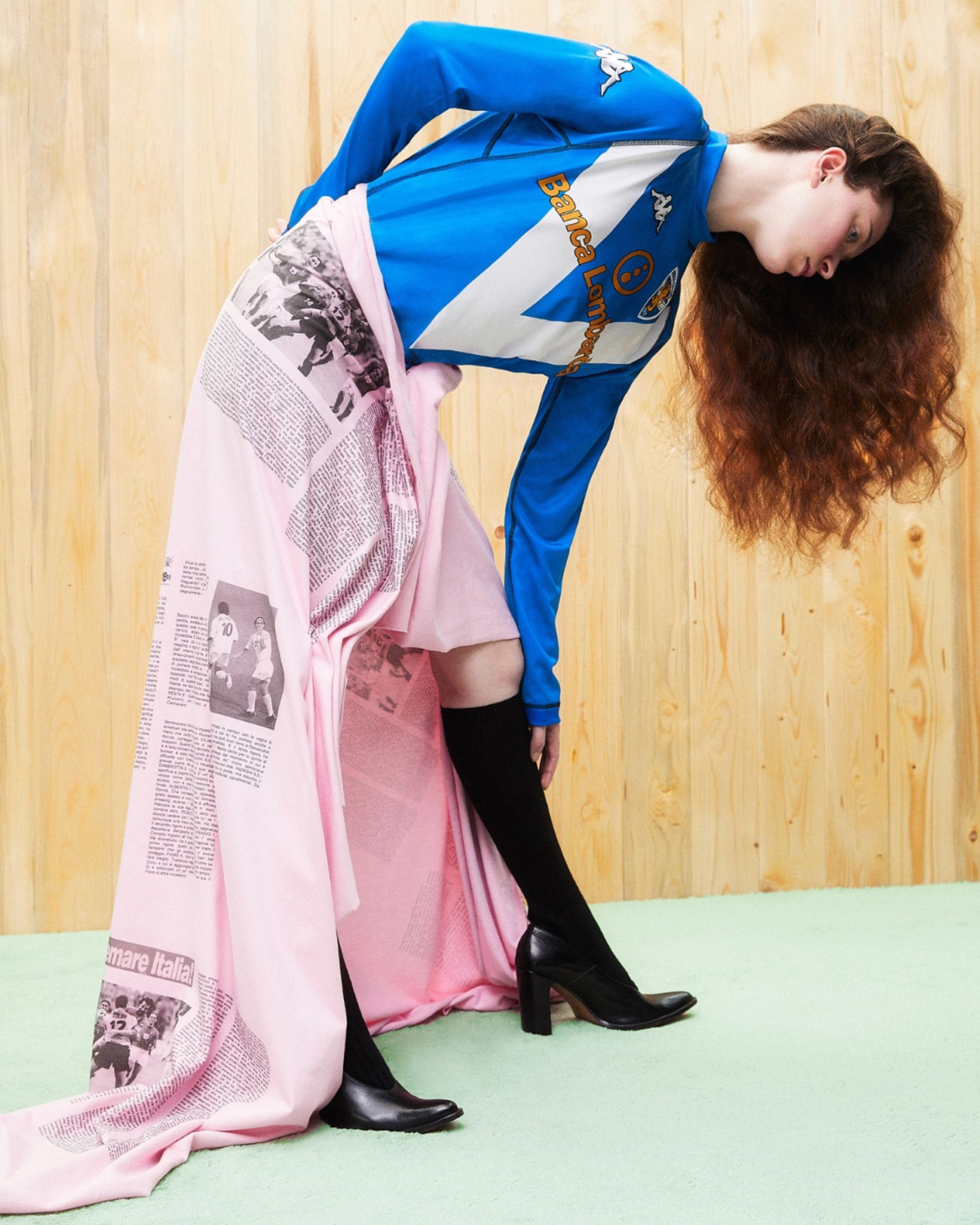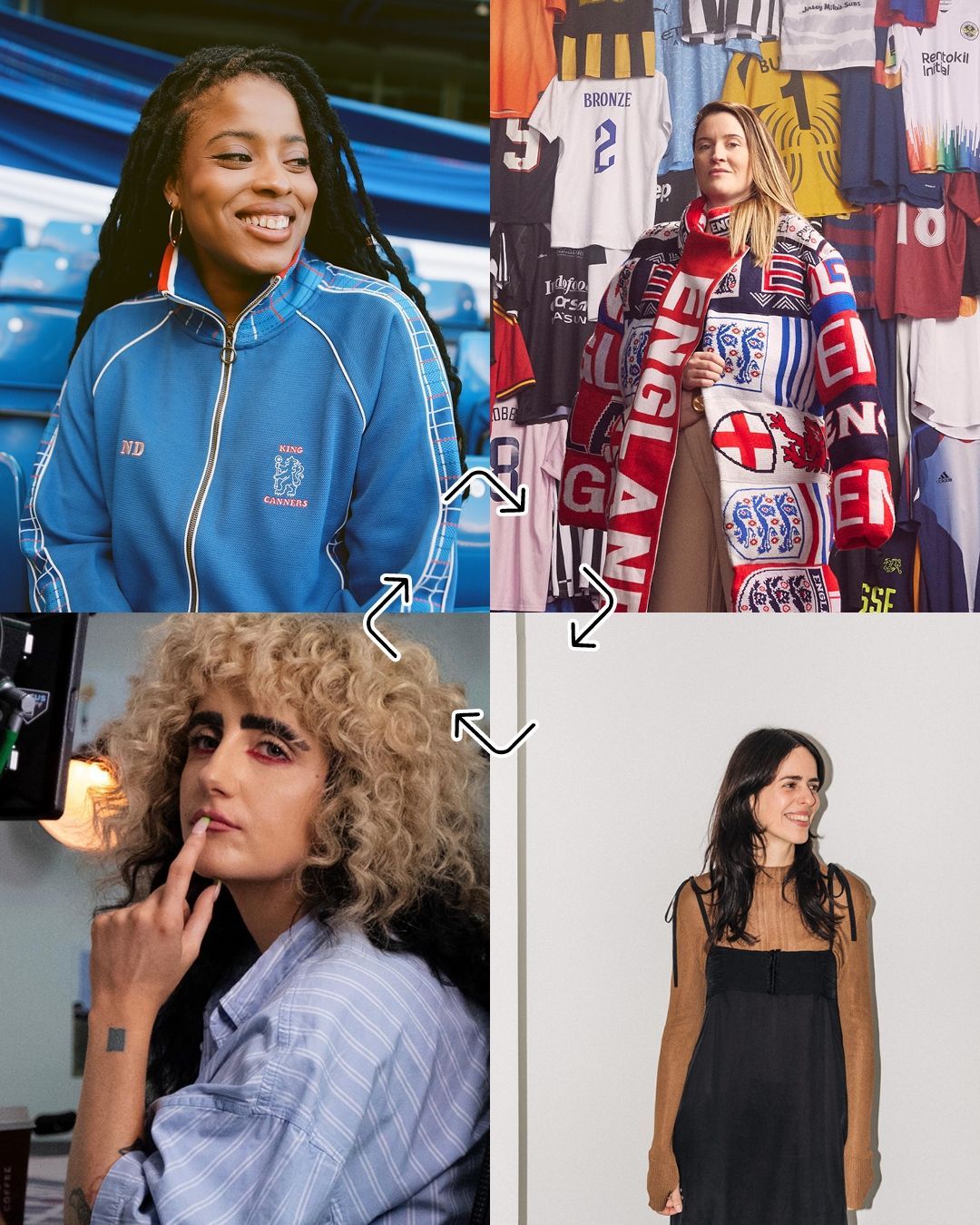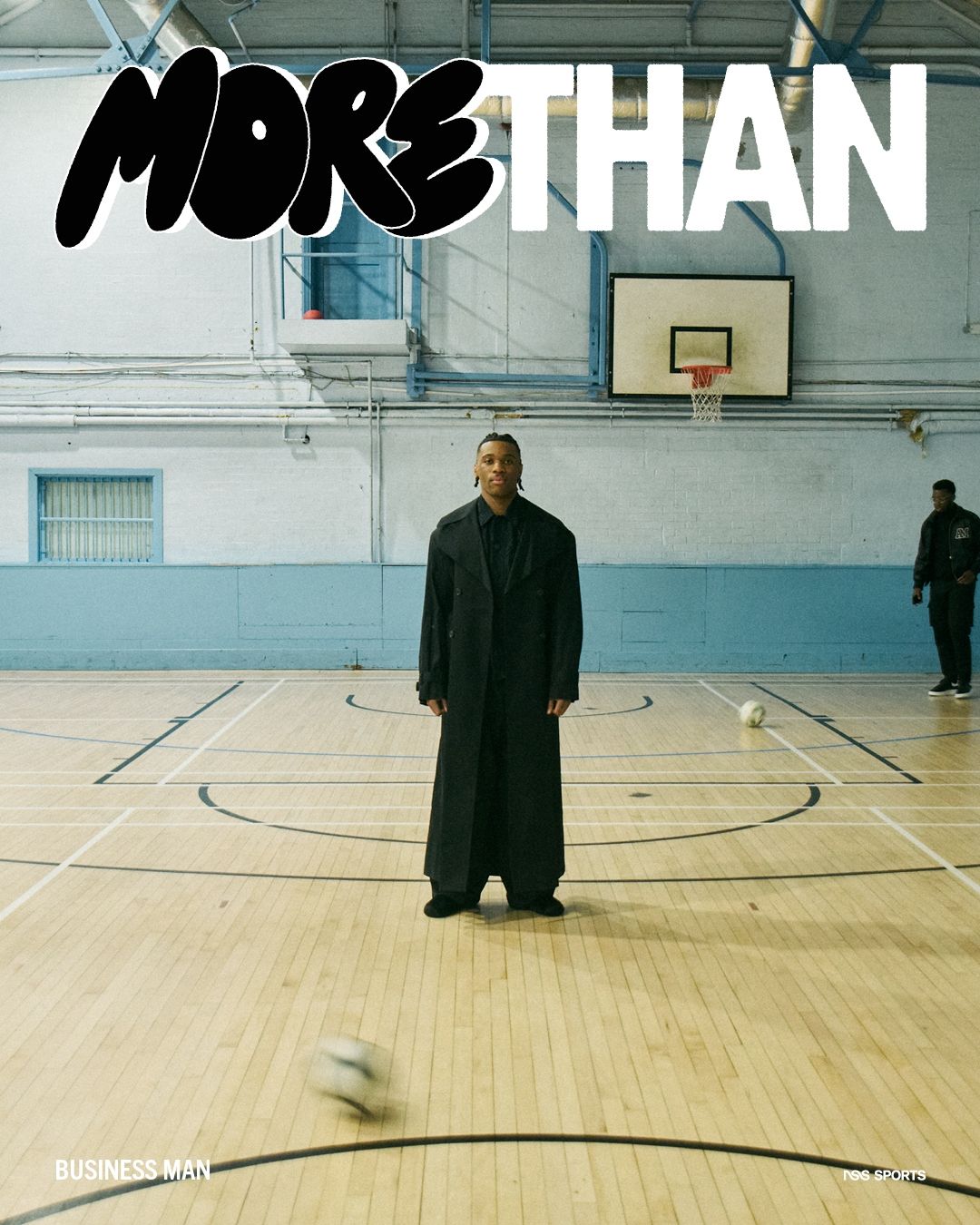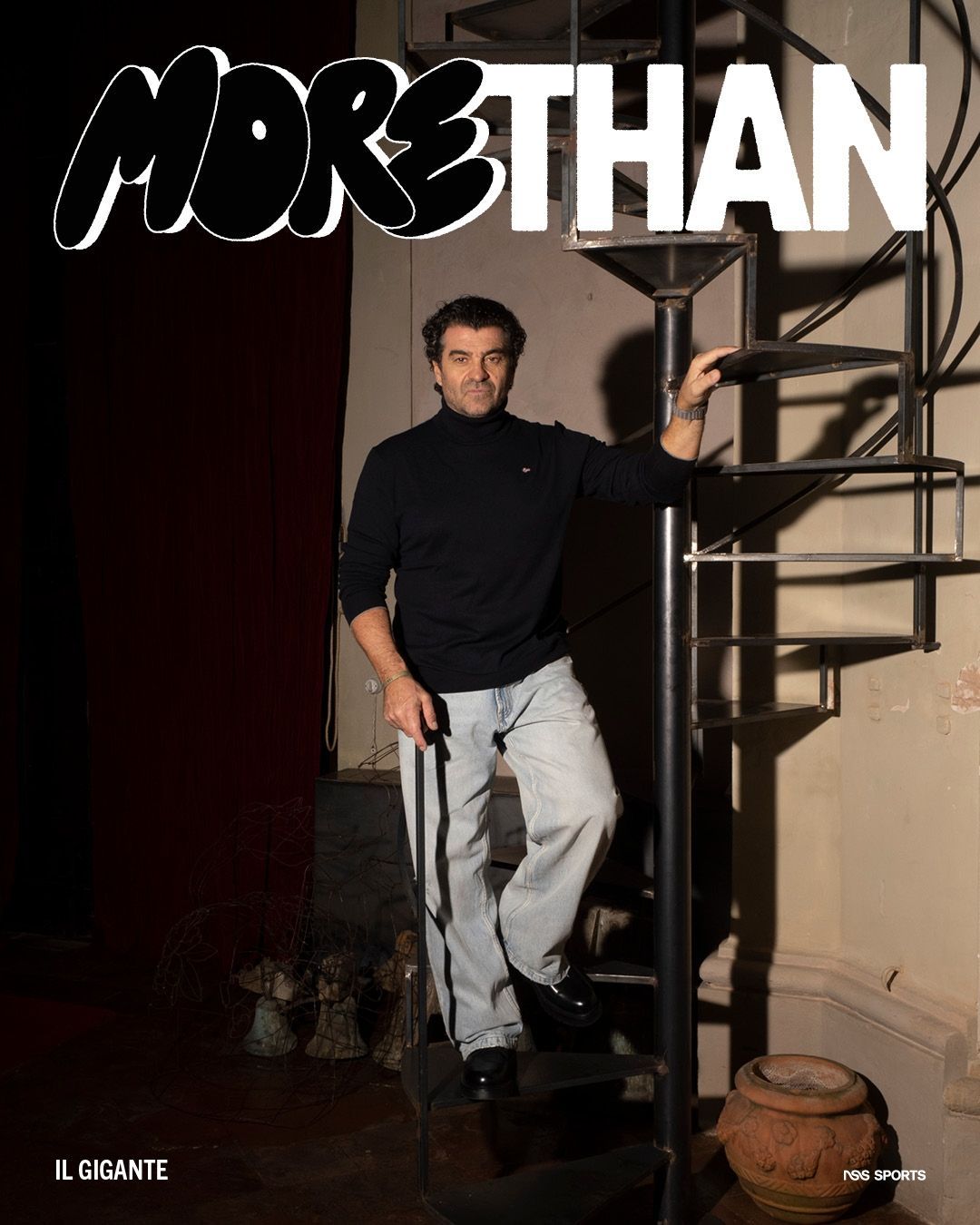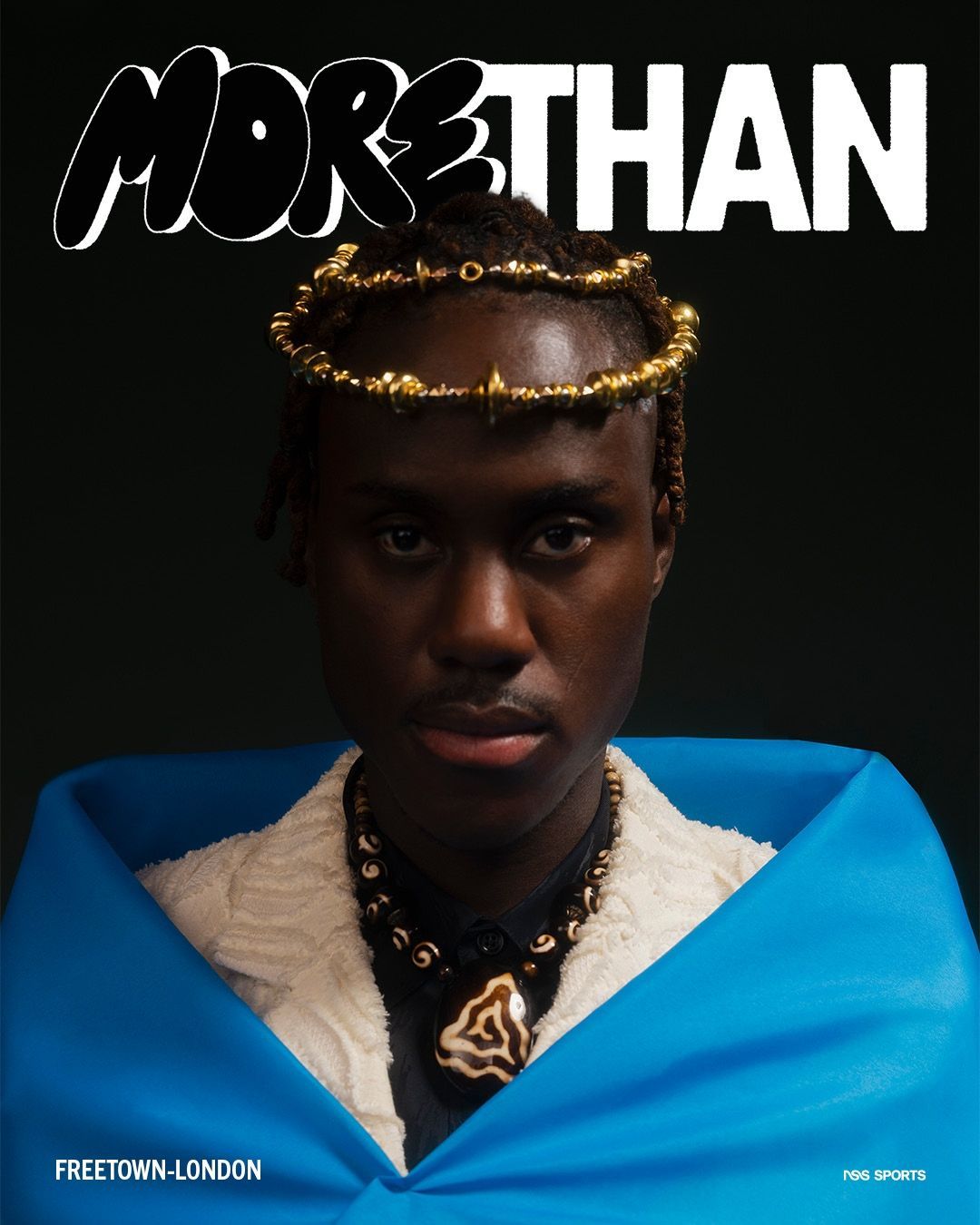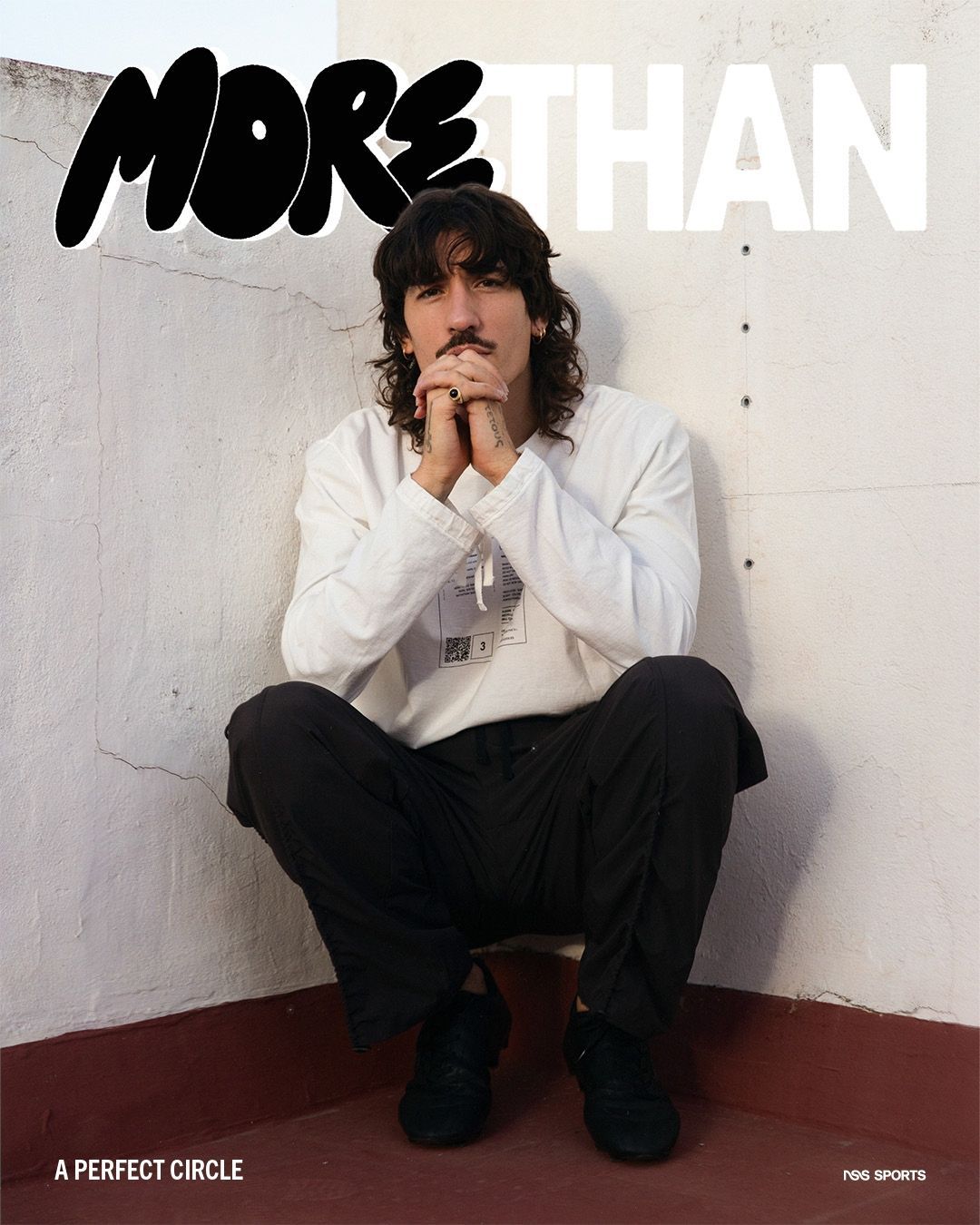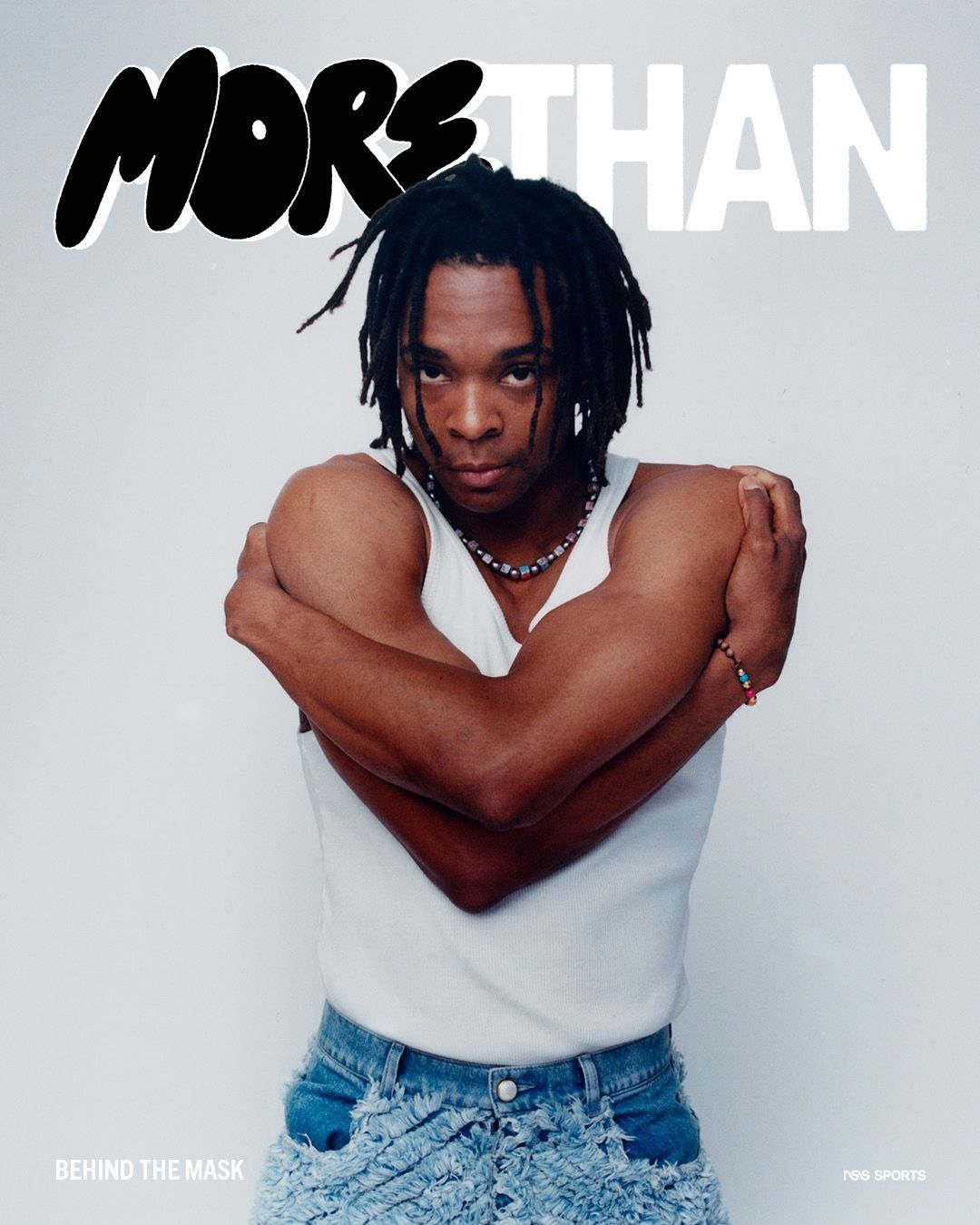
The importance of being Carolina Morace The woman who changed Italian women's football forever
In the history of football, there have been epics, teams, and players who have determined the rules of thought and action subverting the previous ones, and that have changed forever the history of the game and its perception. There are many players who, for one reason or another, have reversed or changed the direction in which they were going and in women's football, Carolina Morace has been and continues to be, the most revolutionary and incisive of them all. In all the stories of change and rupture, there are key points, turning points that mix the cards on the table and change the course of history. In Carolina's career, there are many and we put them together to celebrate the woman who has changed forever Italian women's football.
Carolina Morace is the most famous woman in Italian football, who made her debut with the national team in 1978, at only 15 years, she has made 153 appearances and scored 105 goals, played two European finals in 1993 and 1997, won 12 championships and for 12 times she was top scorer (11 times in a row), is undoubtedly the strongest Italian player of all time and the members of the International Federation of Football History & Statistics have included her among the four strongest players of the '900.
The first of the turning points of Carolina's career and life has a specific date: August 18th, 1990.
The Italian women's national team makes its debut in one of the most iconic stadiums of world football, Wembley, playing against England in a friendly match. Carolina scored four goals, two in the first half and two in the second, annihilating the British national team. The match will end 4-1 for Italy. In the '89 / '90 championship, won with undefeated Reggiana (26 victories out of 30 games played), she scored the beauty of 38 goals. In the meantime she enrolled at Rome University, Faculty of Law - she will become a lawyer and will practice the profession for many years - she started to be a journalist for a local TV and founded a "mixed" football school to denounce the institutions' insensitivity to unify a sport that already at the time had achieved equal dignity in both genders.
The second turning point, on the other hand, is out of the field: it is 1992 and Carolina, together with her national teammates, is getting ready for the Europeans they will play the following year. Meanwhile, at Telemontecarlo, Alba Parietti leaves the management of Galagoal and Carolina is chosen to replace her. The impact is super positive, praises come from all sides, despite her teammates will often make fun of her for this role. The TV has always been a great passion for Morace, that will become a constant of her career and her life; over the years she will work as a commentator for many football broadcasts both in Rai and Mediaset.
Another crucial point that has allowed Carolina to change forever the history of Italian women's football is certainly what happened in July 1999. A year earlier she decided that with she was done with the played football but she doesn't want to leave the field and chooses to undertake the career of coach starting by sitting on the bench of the women's Lazio. After just a year arrives a call that no one would have ever expected: the owner of Viterbese - at the time in Serie C1 - Luciano Gaucci, chooses her as a coach. In this way, she became the first woman to train a professional soccer team in the history of football. But Carolina's adventure in men's football lasts only two games; after the first match won 3-1 against Marsala, her Viterbese lost 5-2 against Crotone and she resigned. See will then explain that the choice was dictated by the invasion of President Gaucci in technical aspects.
2014 is a decisive year. Carolina Morace becomes the first woman to be included in the Italian soccer Hall of Fame. Since that year, in fact, the award for the best Italian footballer is established, after her will be awarded: Patrizia Panico in 2015, Melania Gabbiadini in 2016, Elisabetta Vignotto in 2017 and Milena Bertolini in 2018.
Carolina continues to stay where she has always wanted to be, on the field. In fact, in 2018, Milan Women decided to entrust their first team to Morace who signed a two-year contract. Sincere, she has never hidden her ideas and has always carried on with strength and determination as she faced the opponents on the field, Carolina Morace has been and still is an example of strength and tenacity for all Italian sporty women and not.

